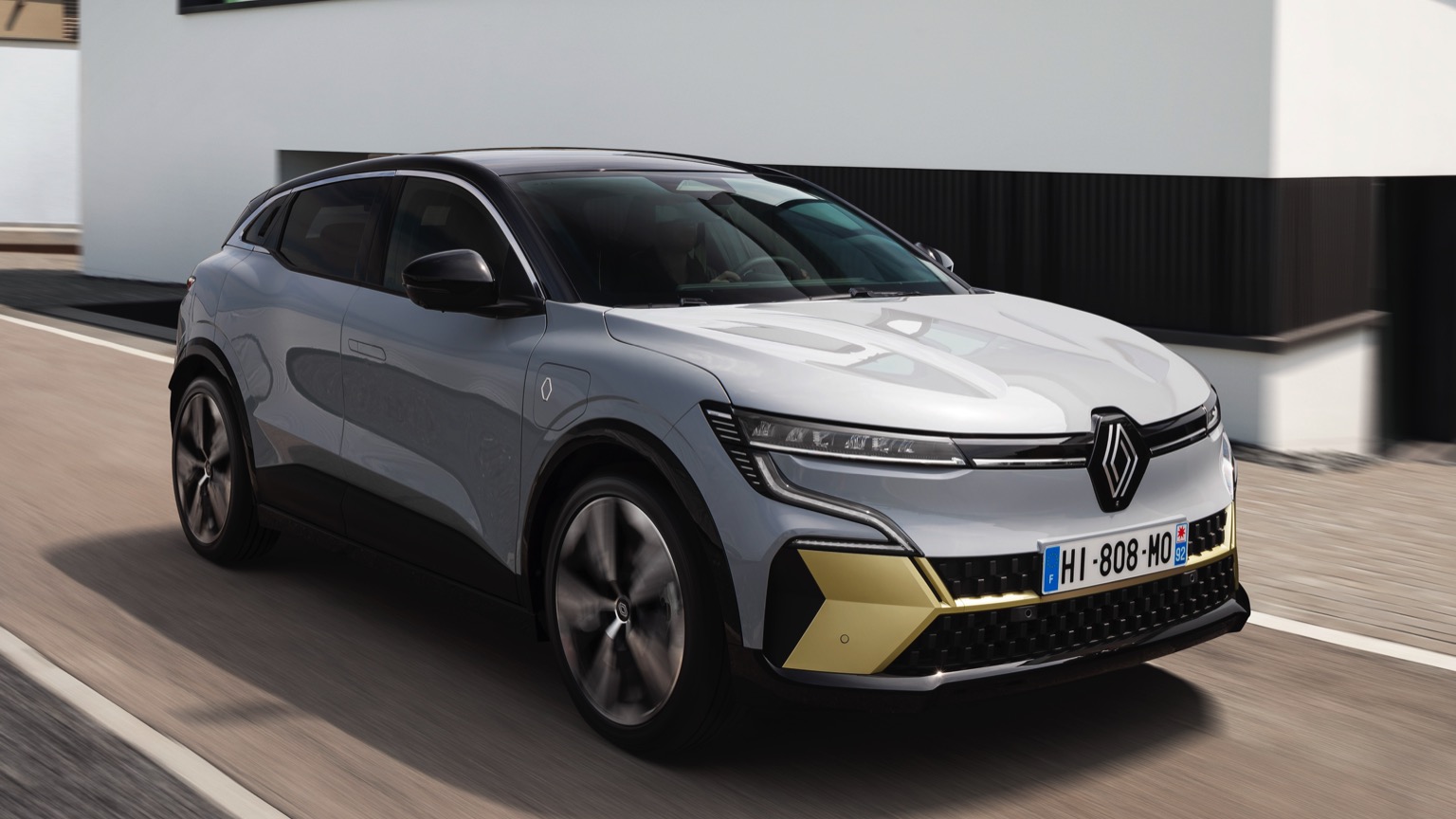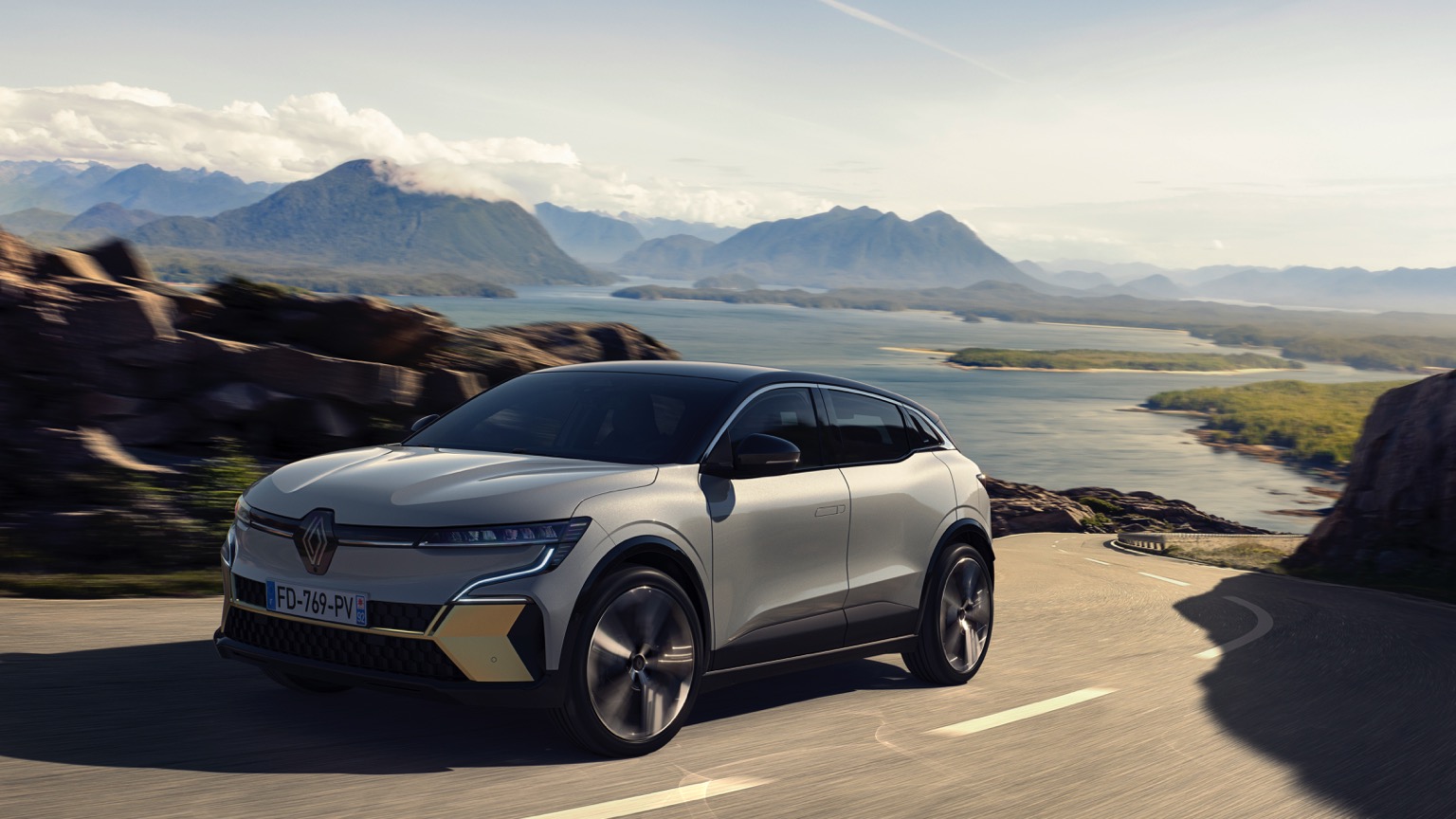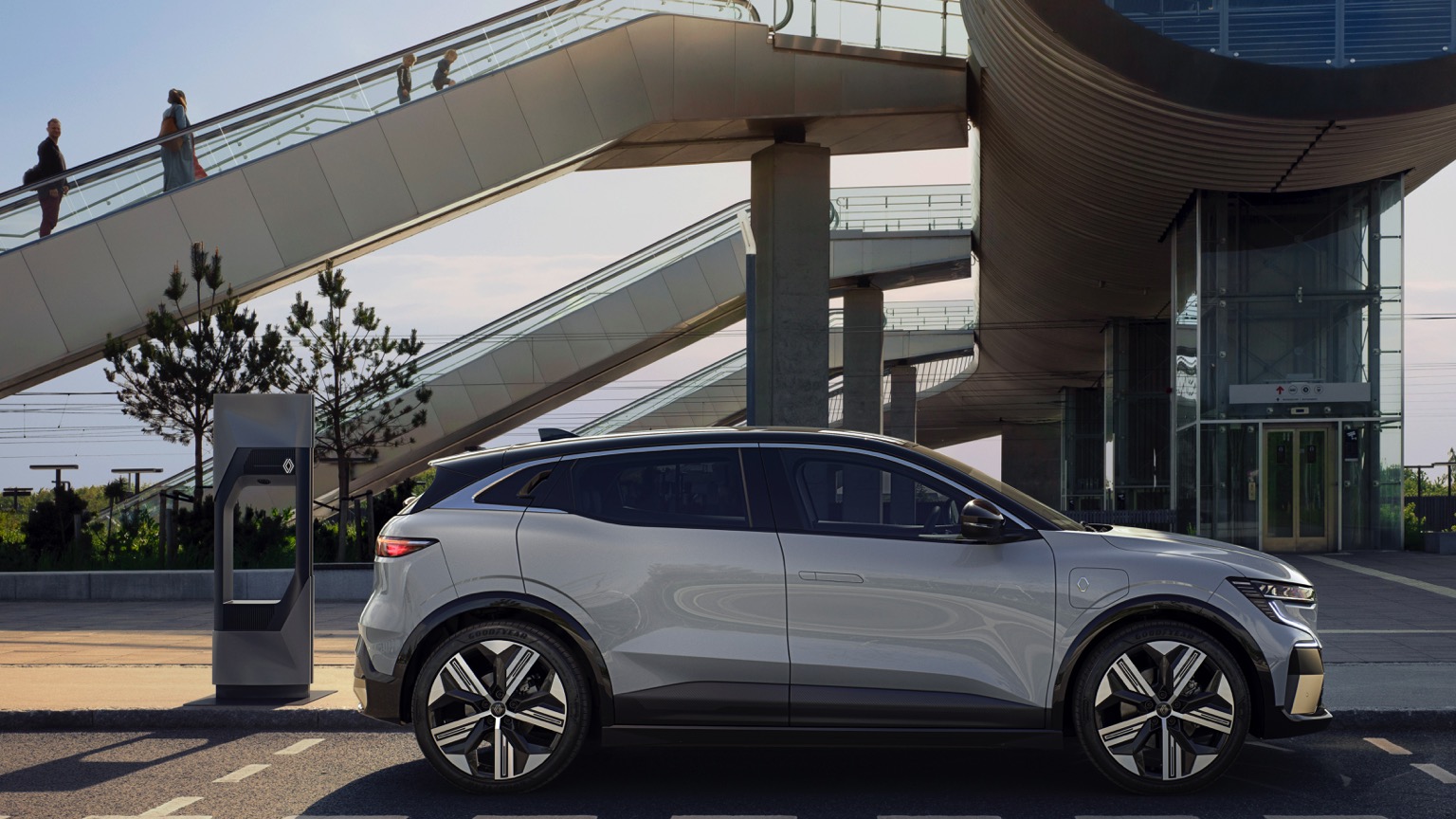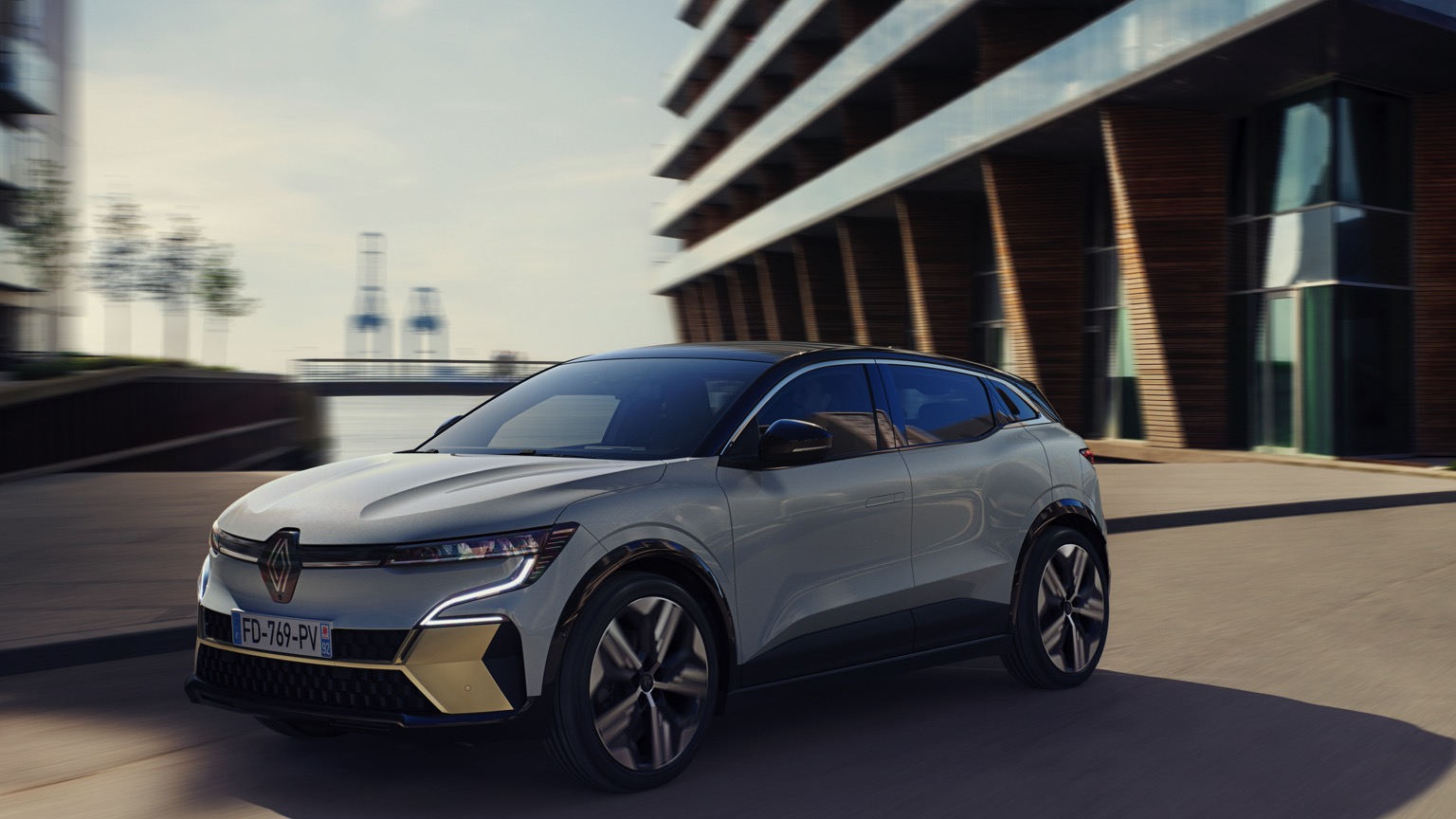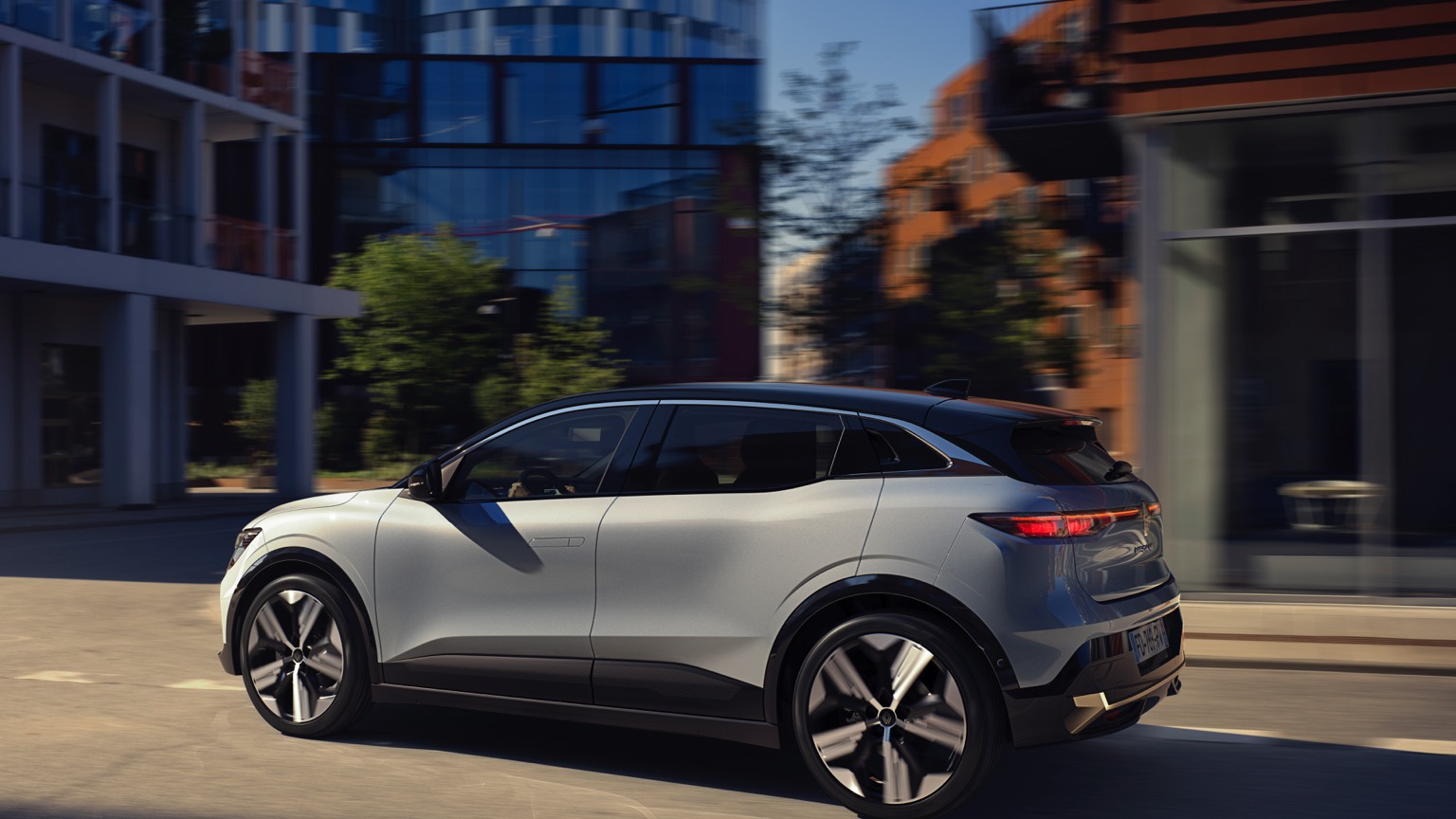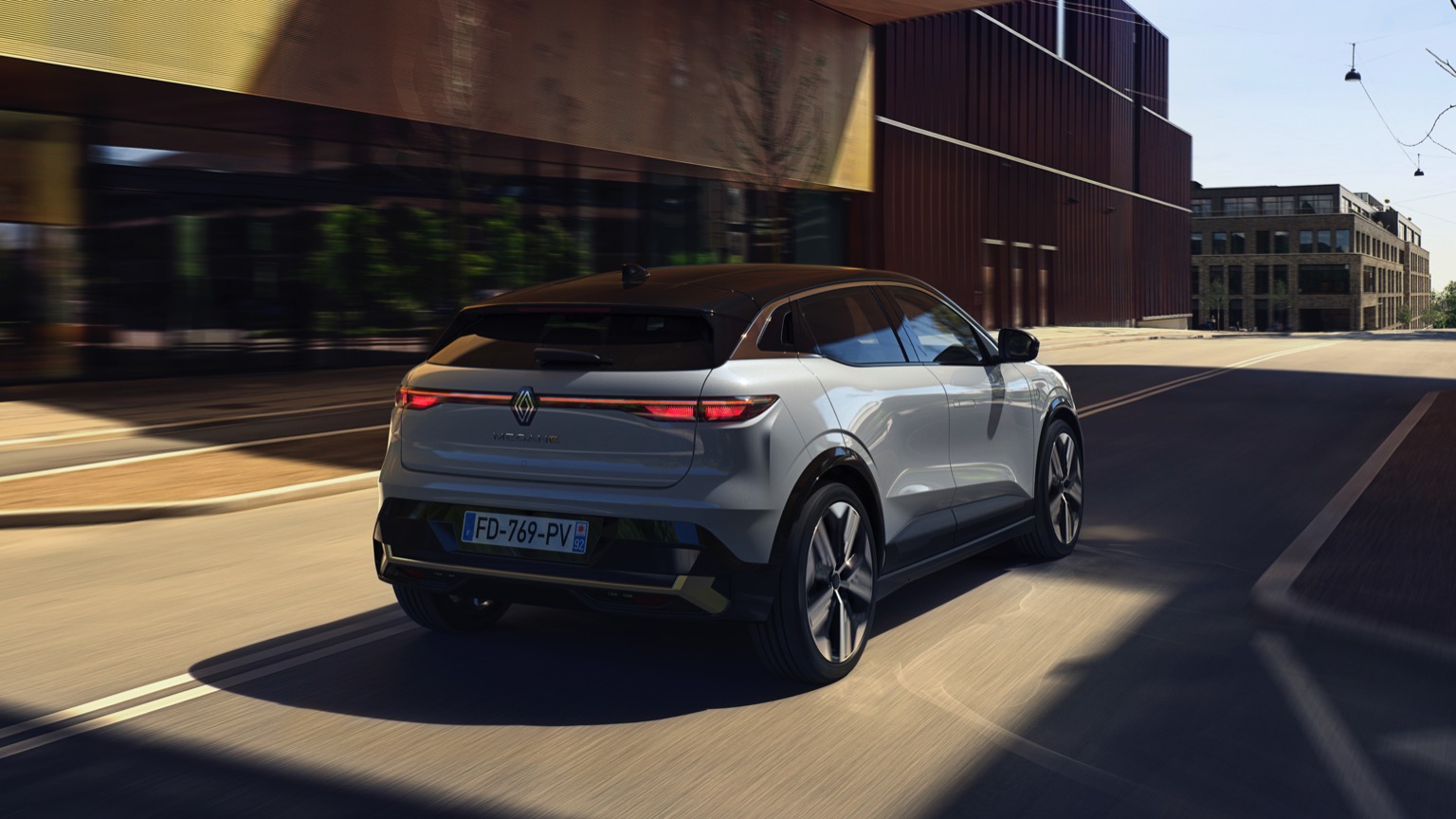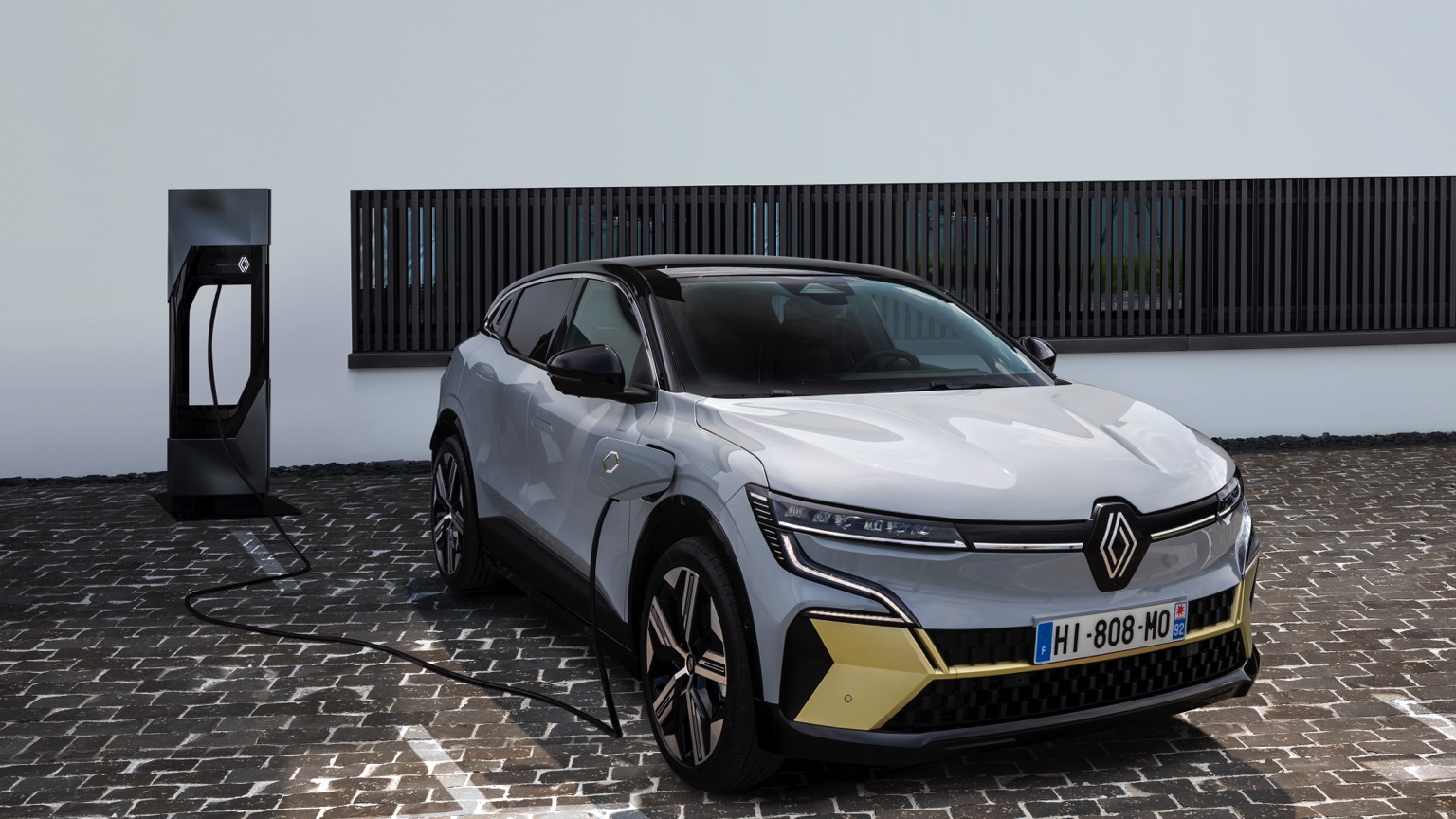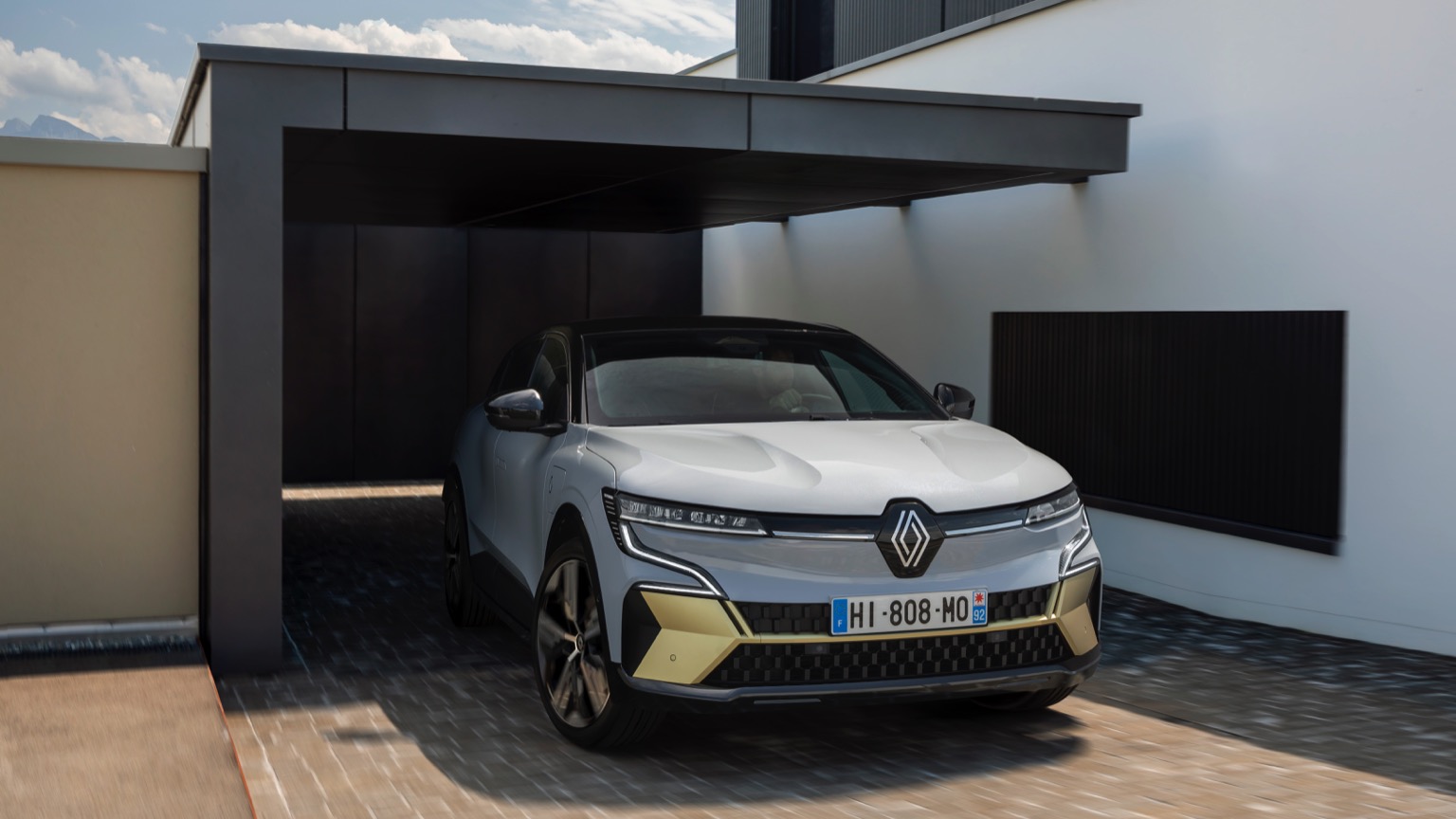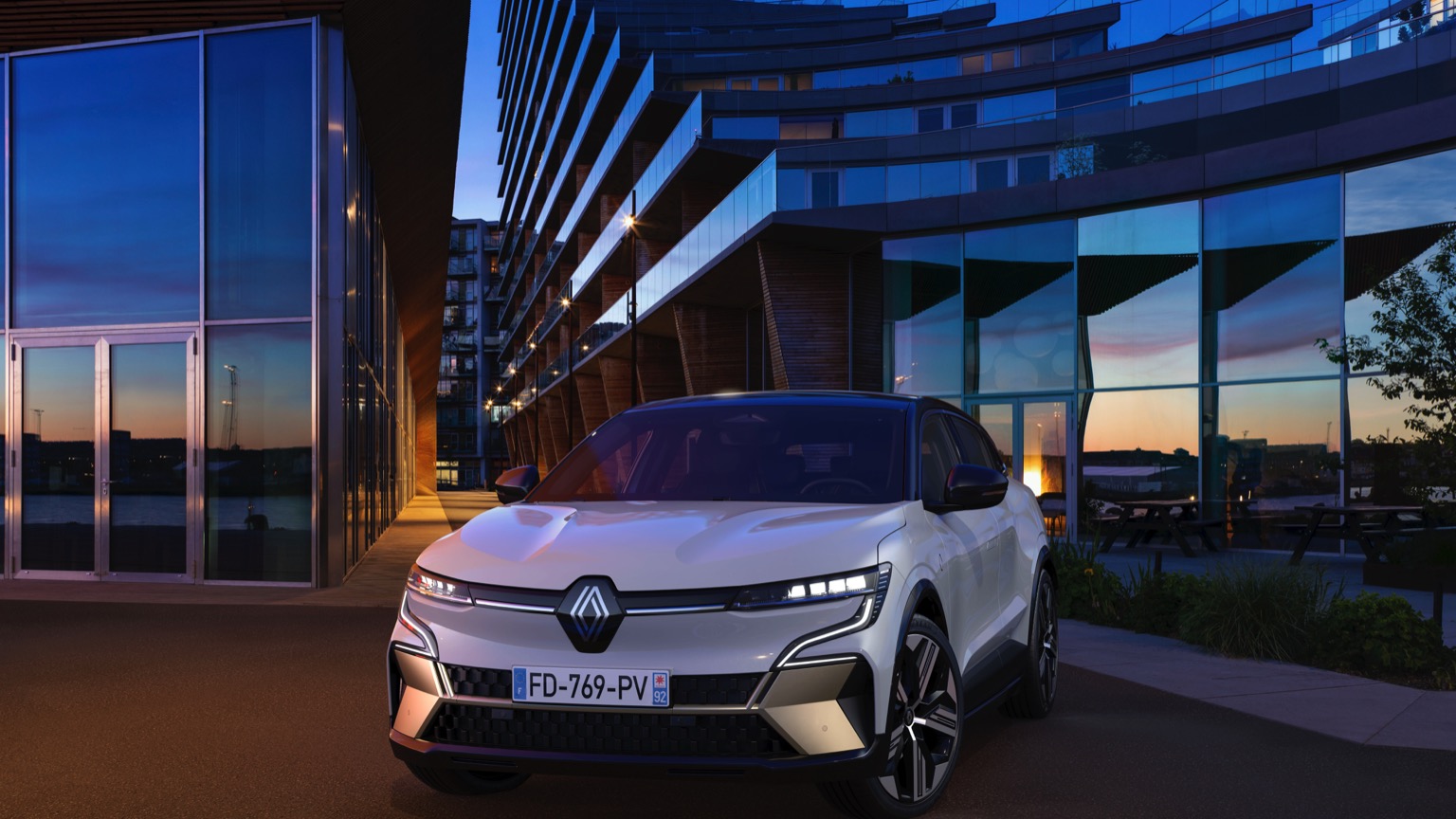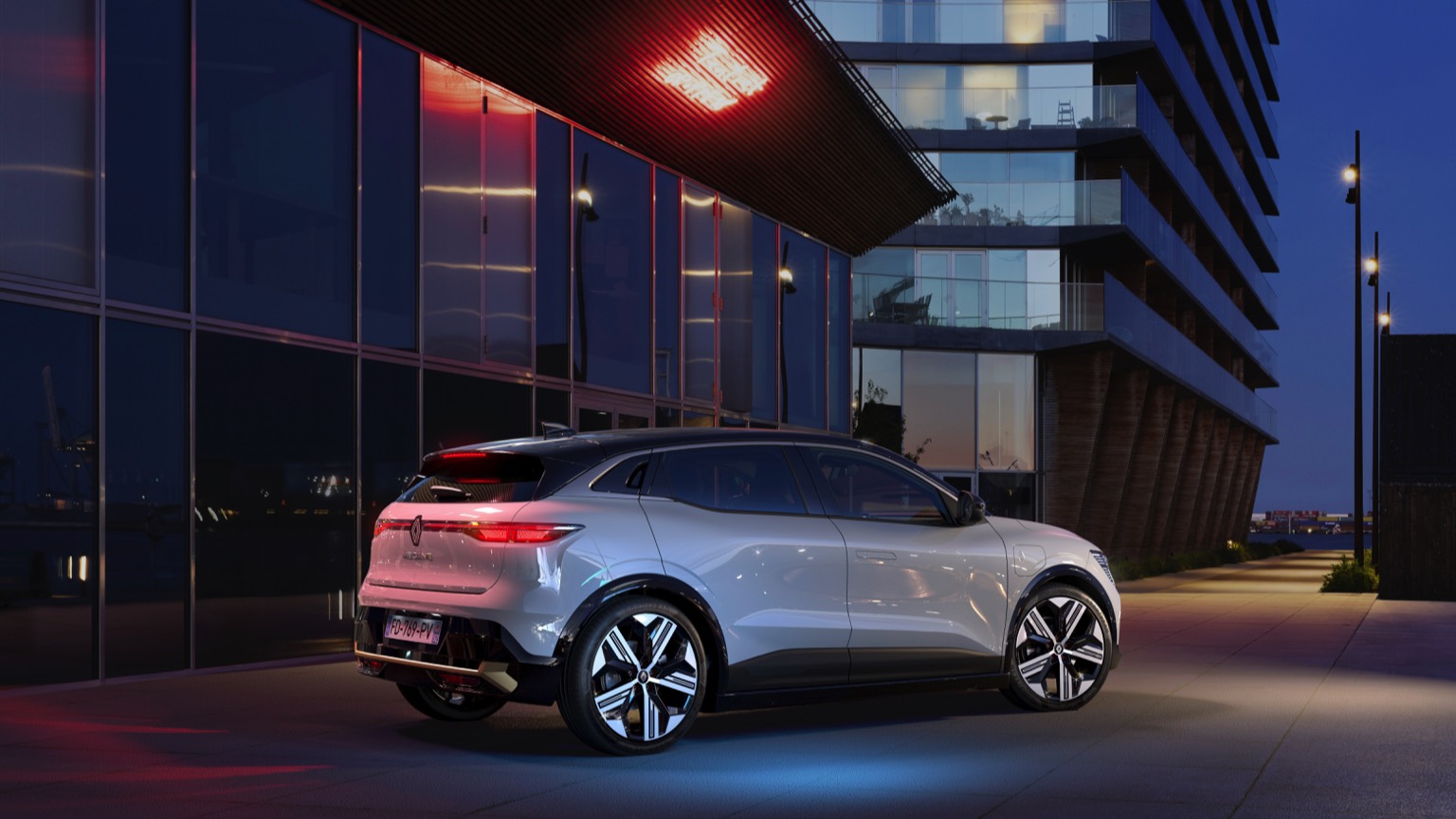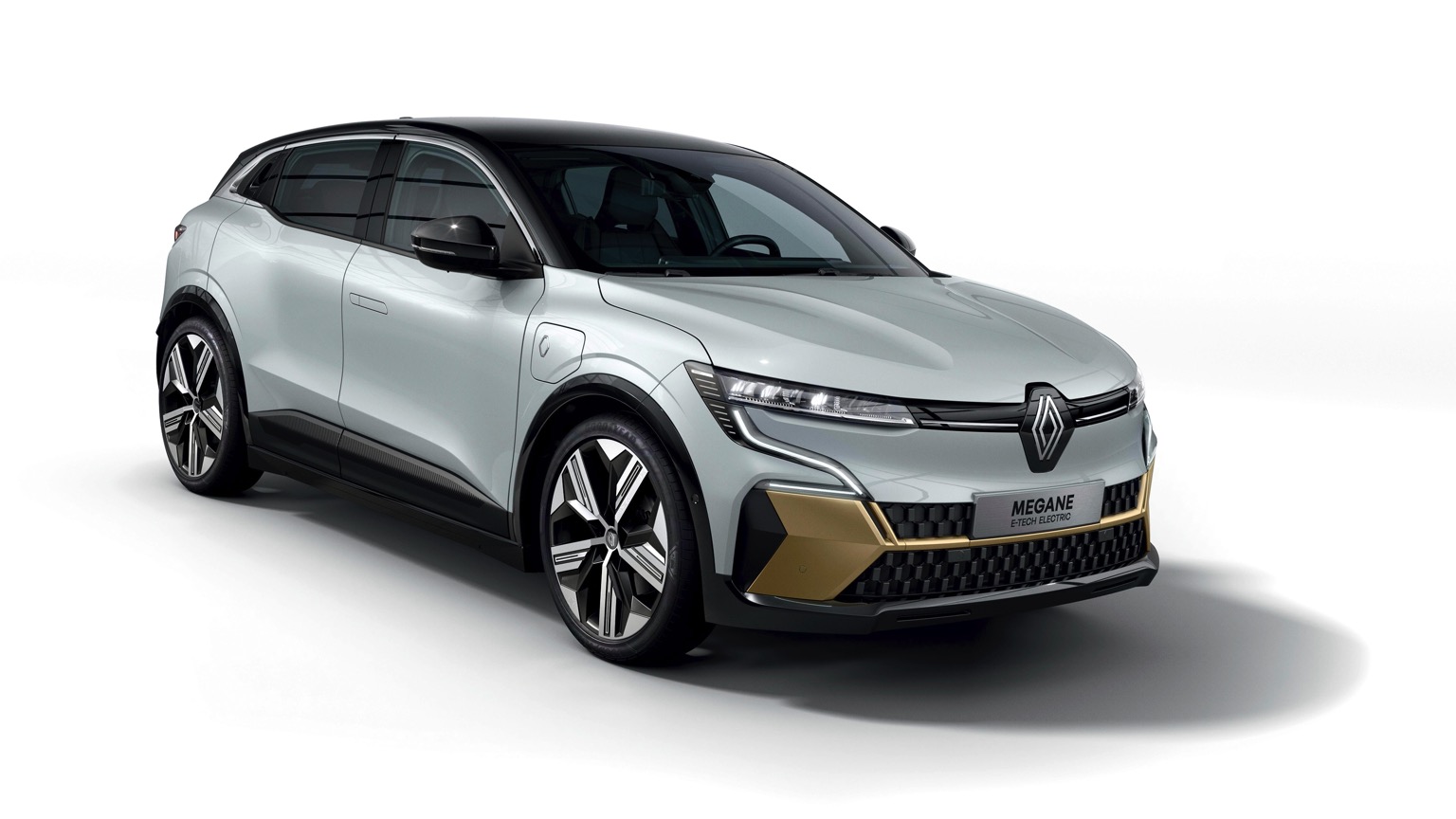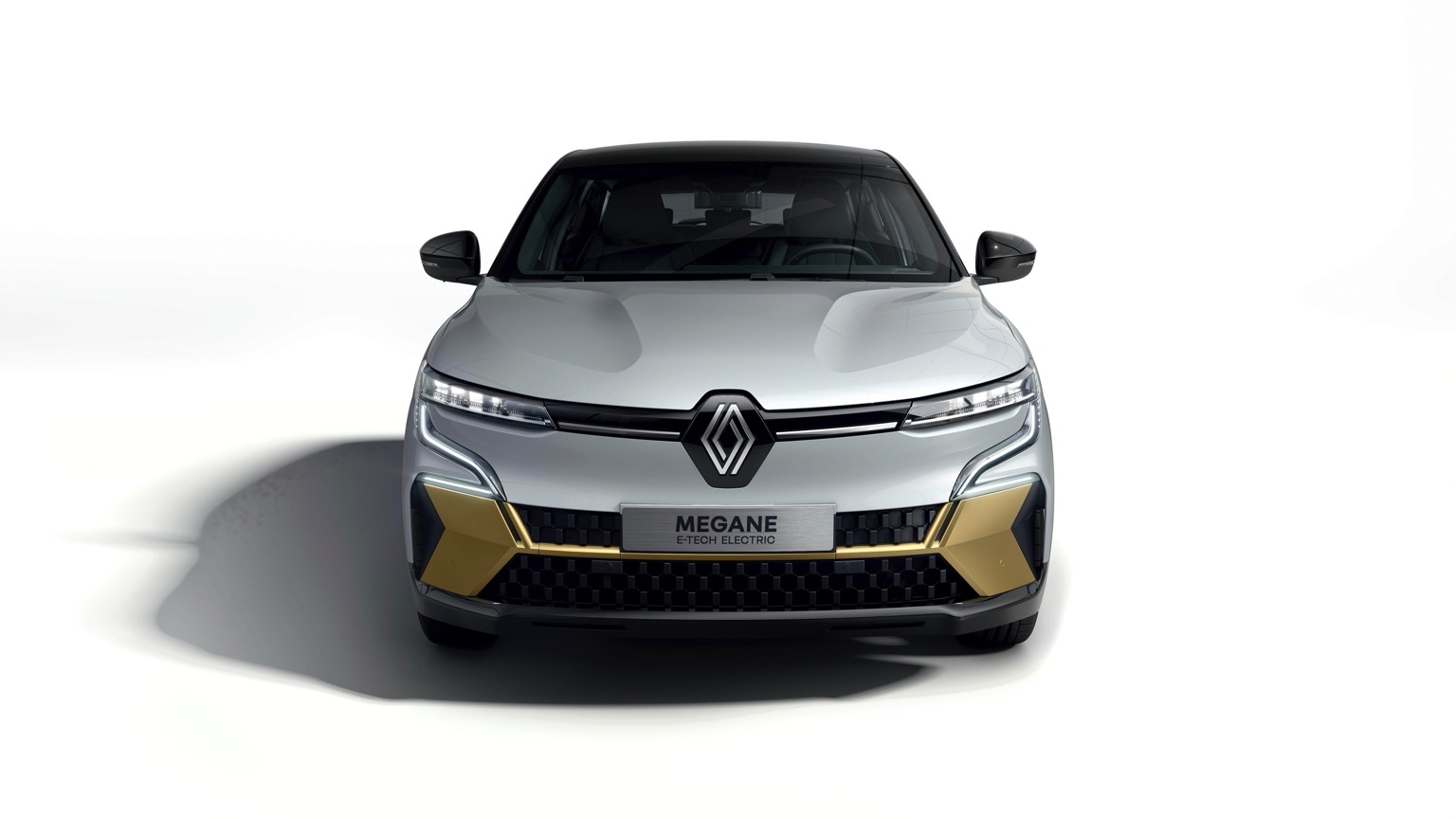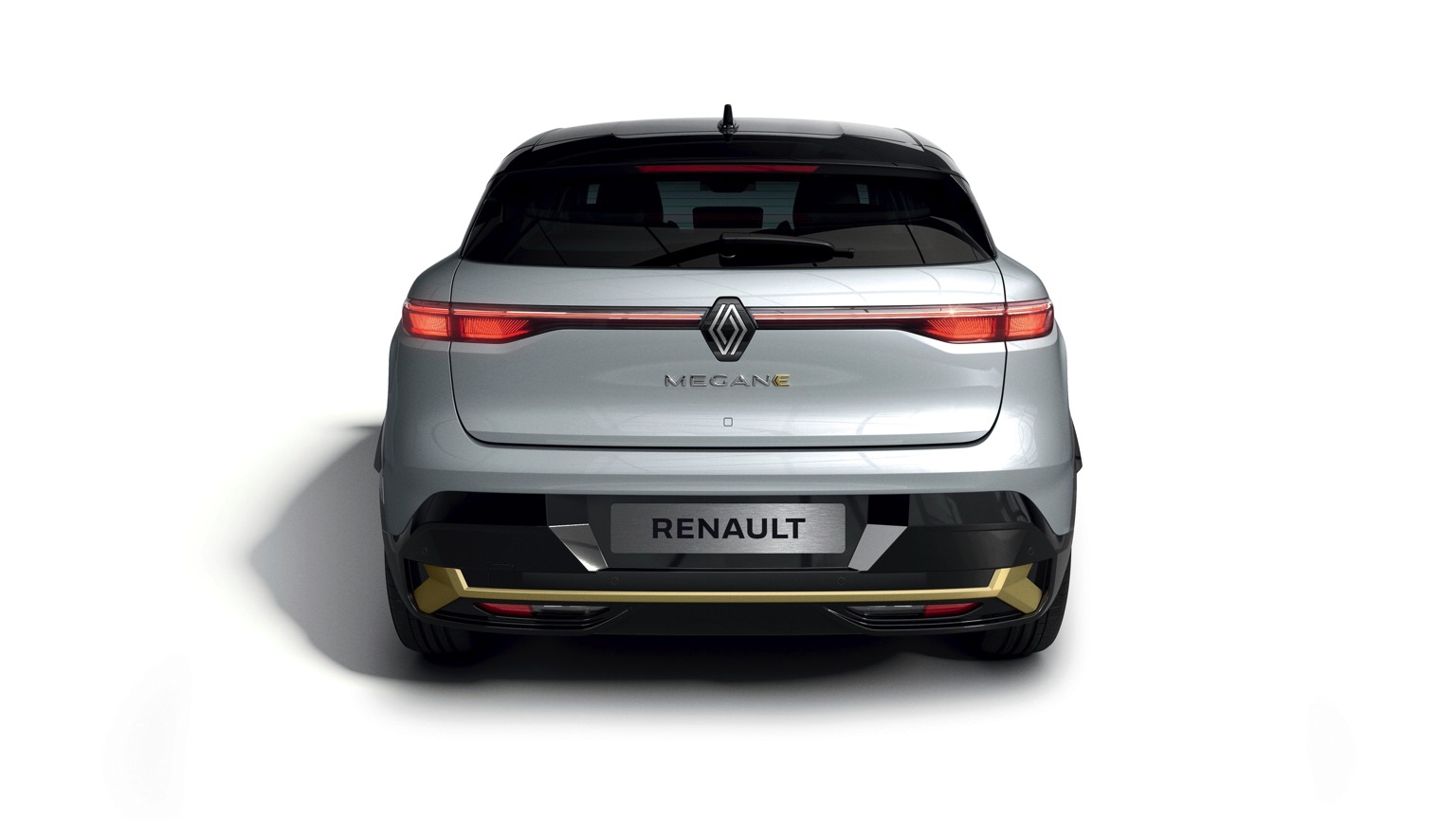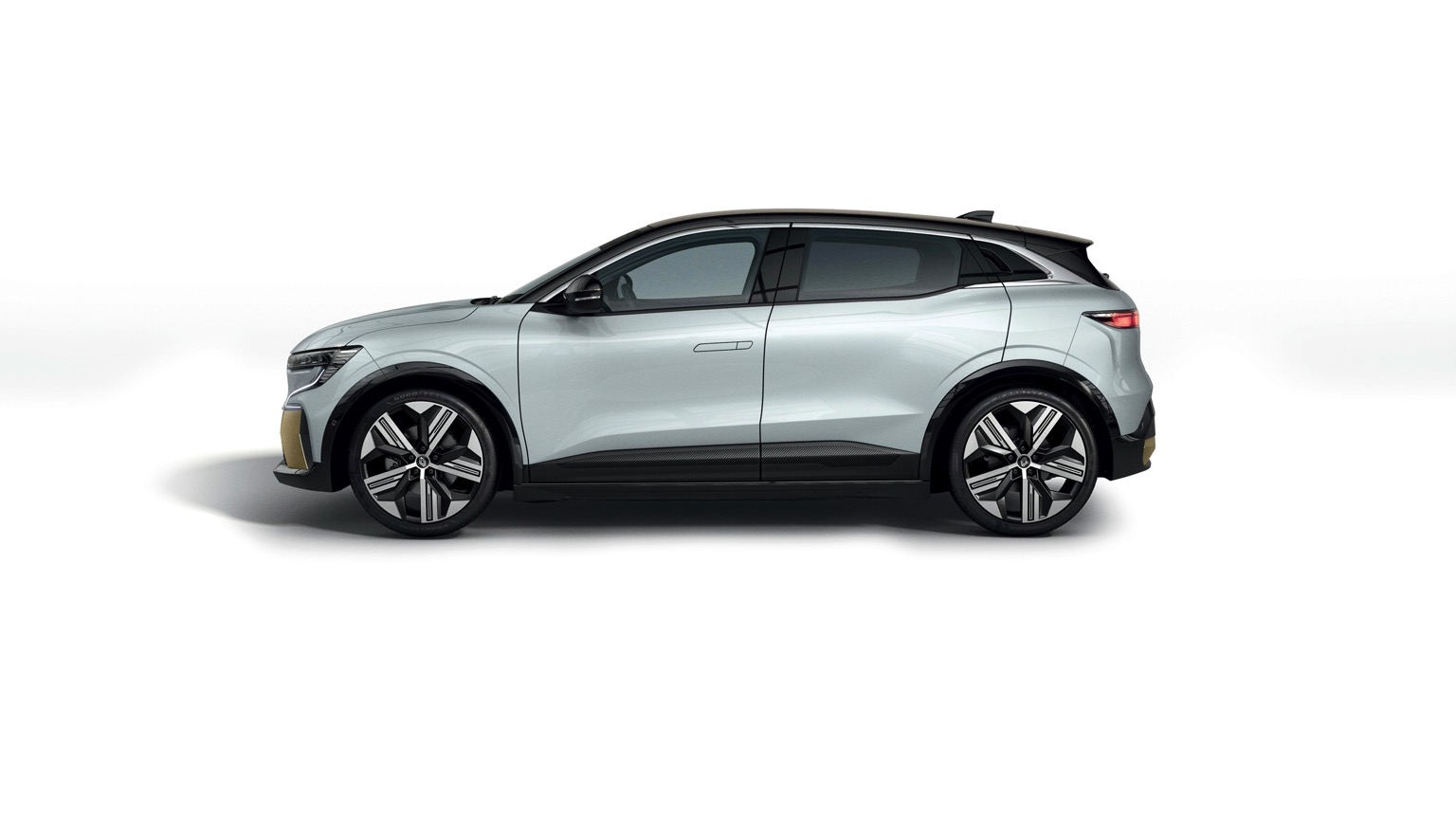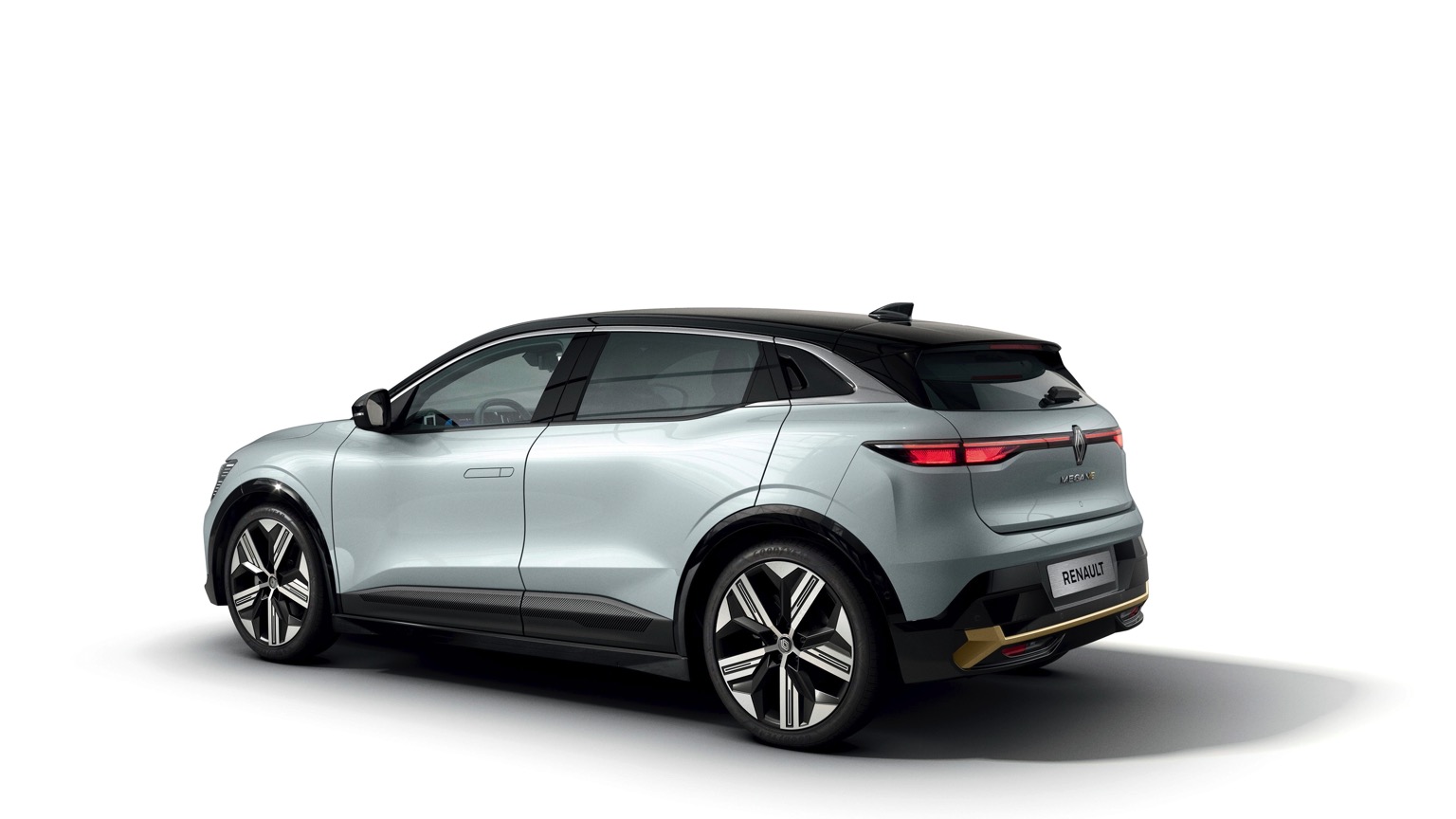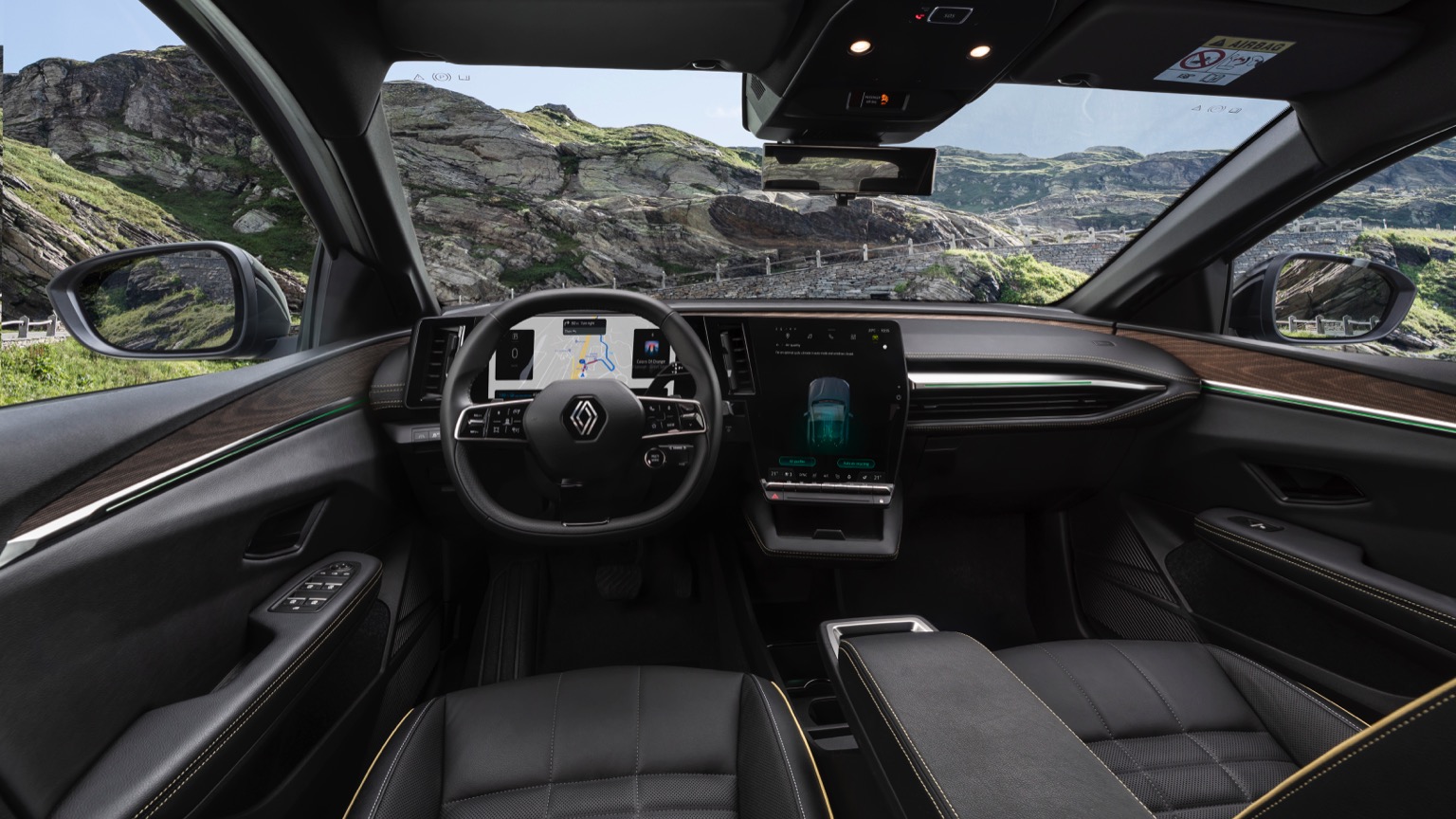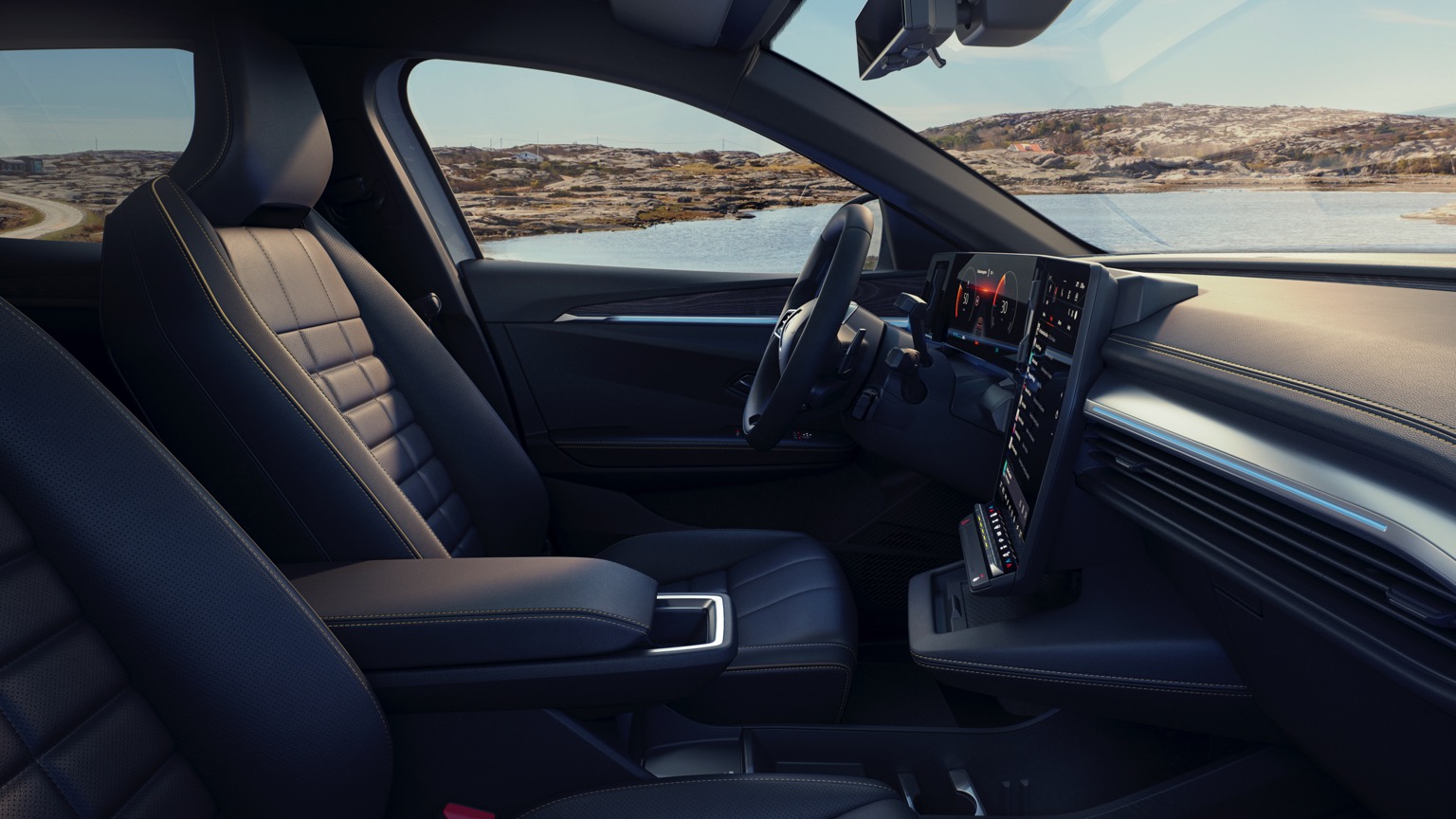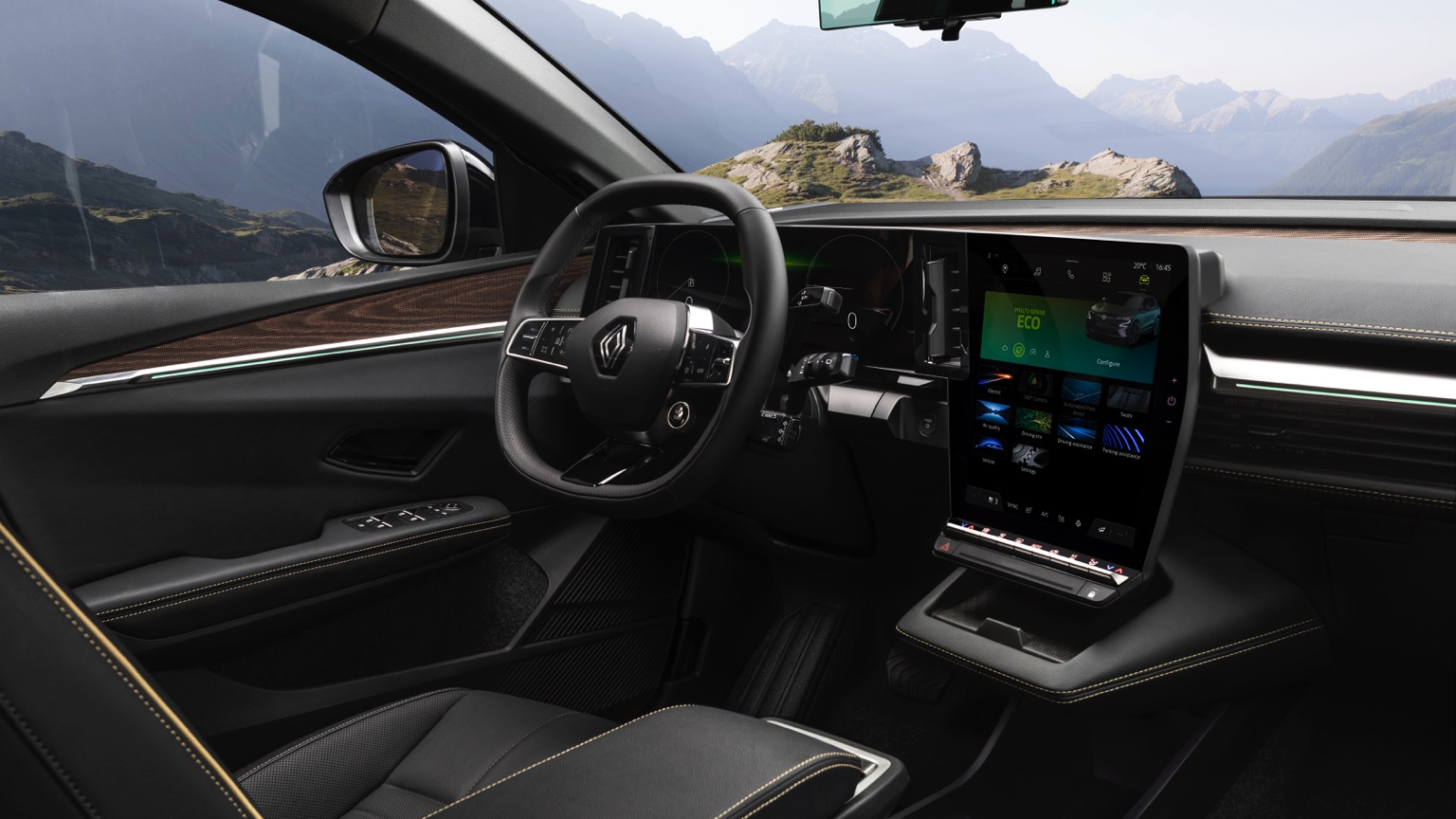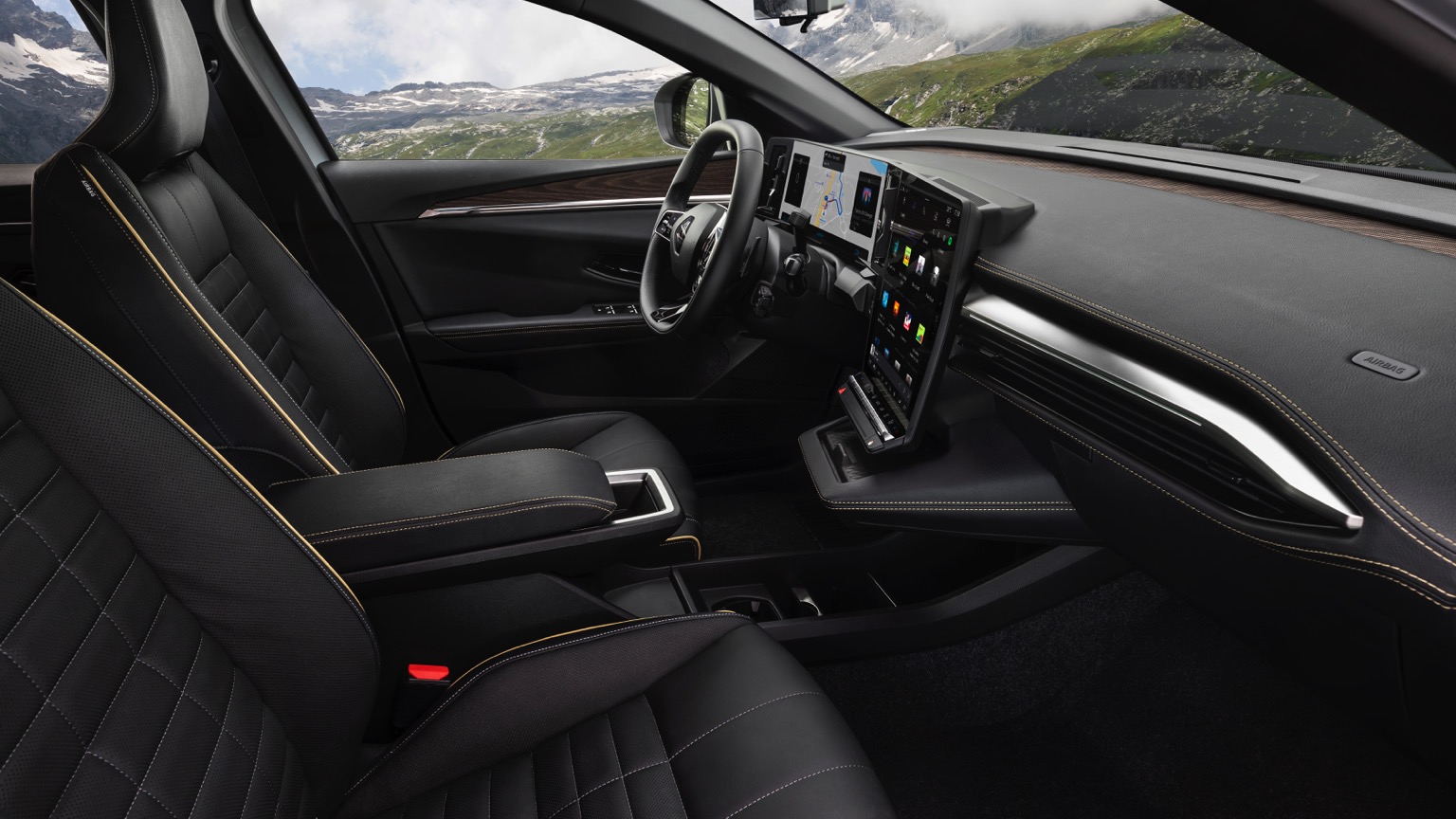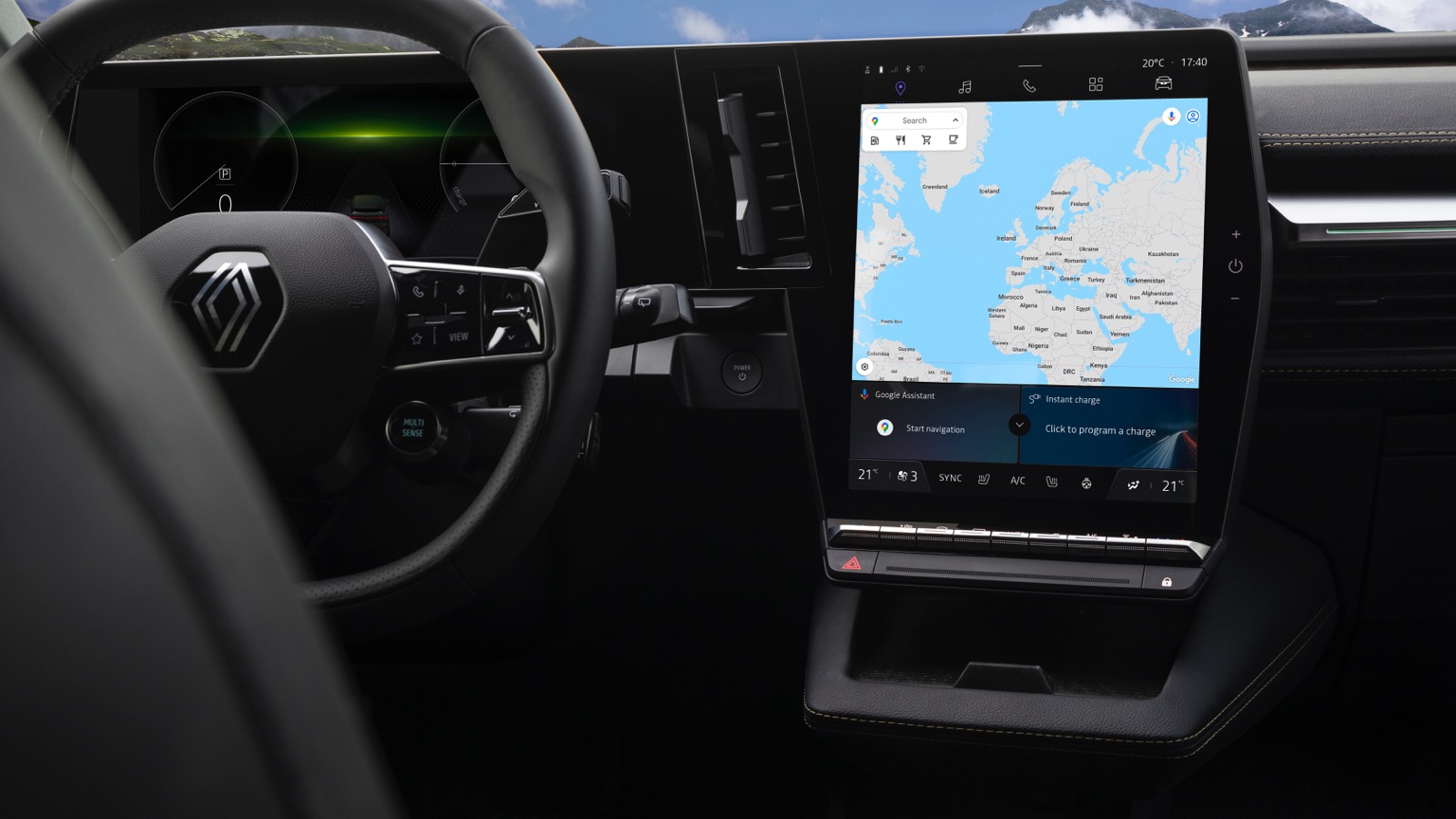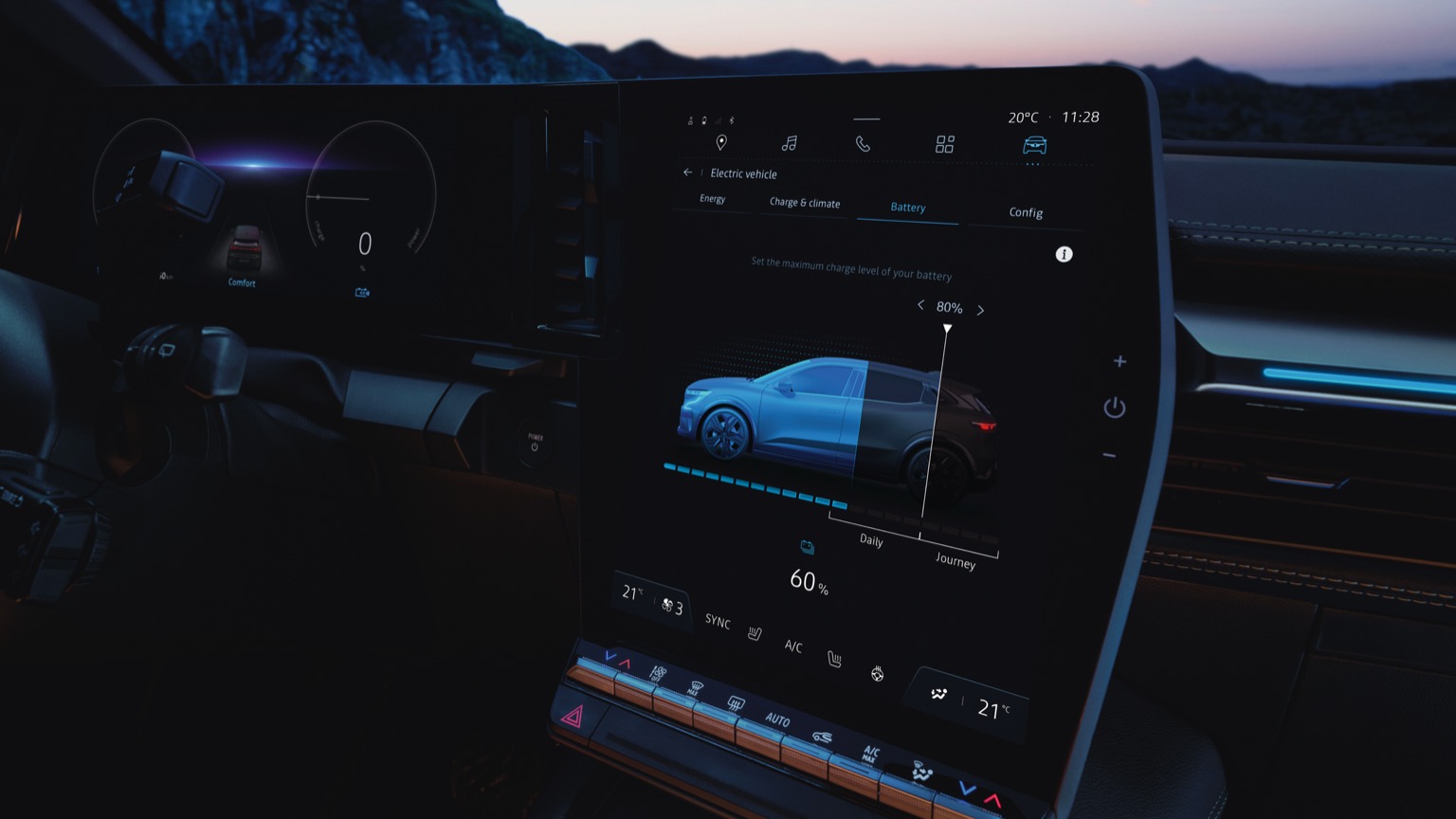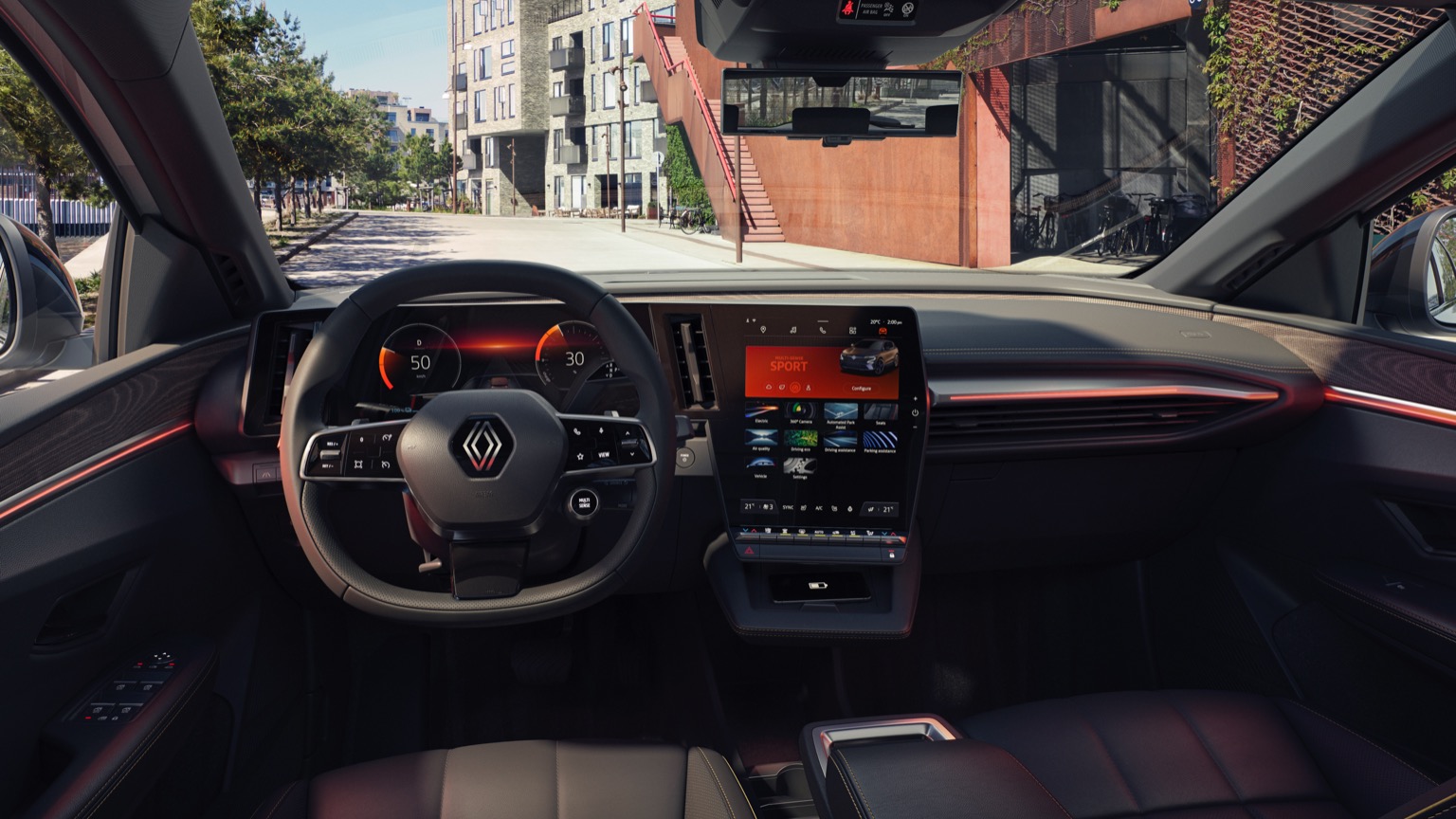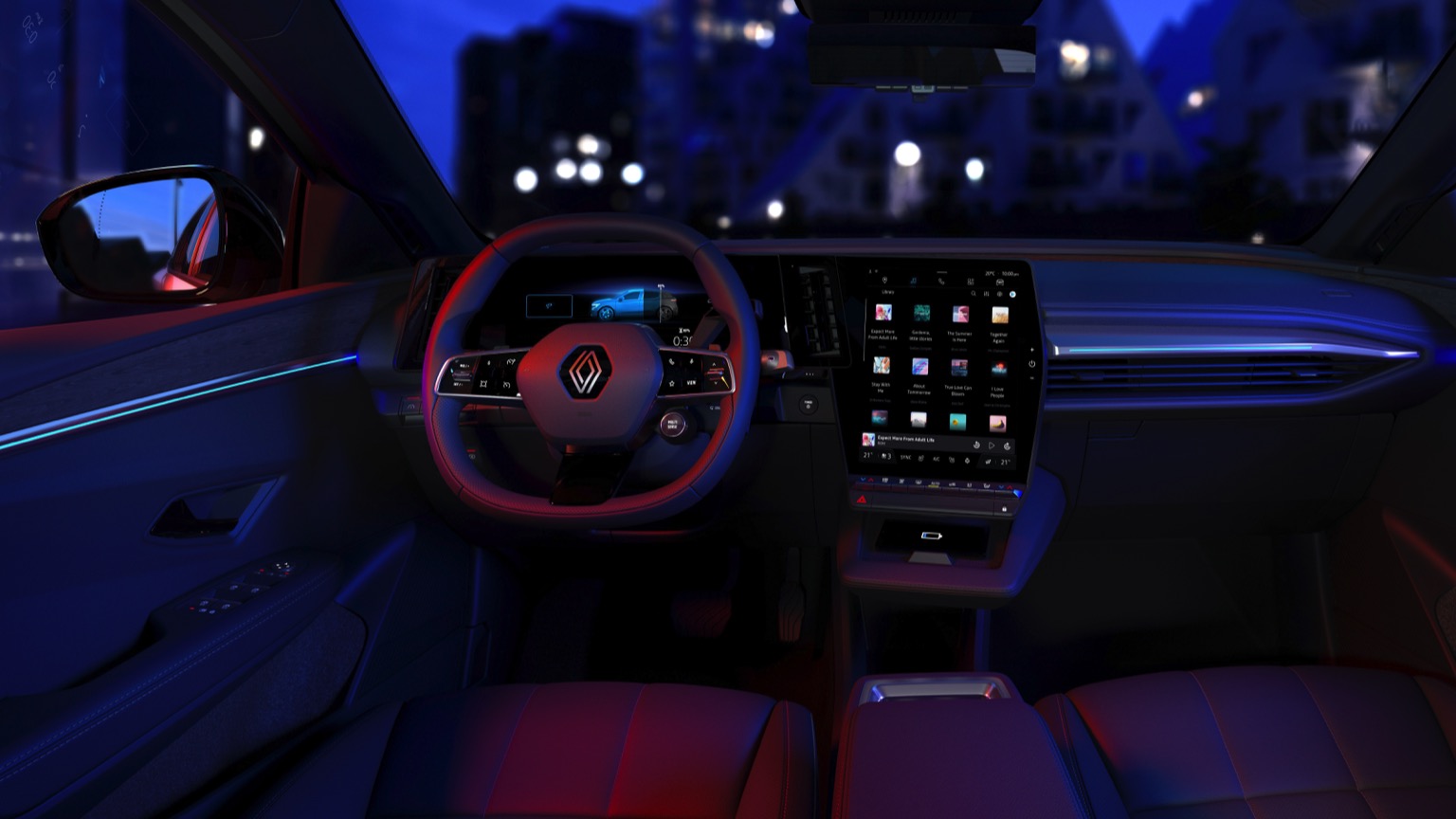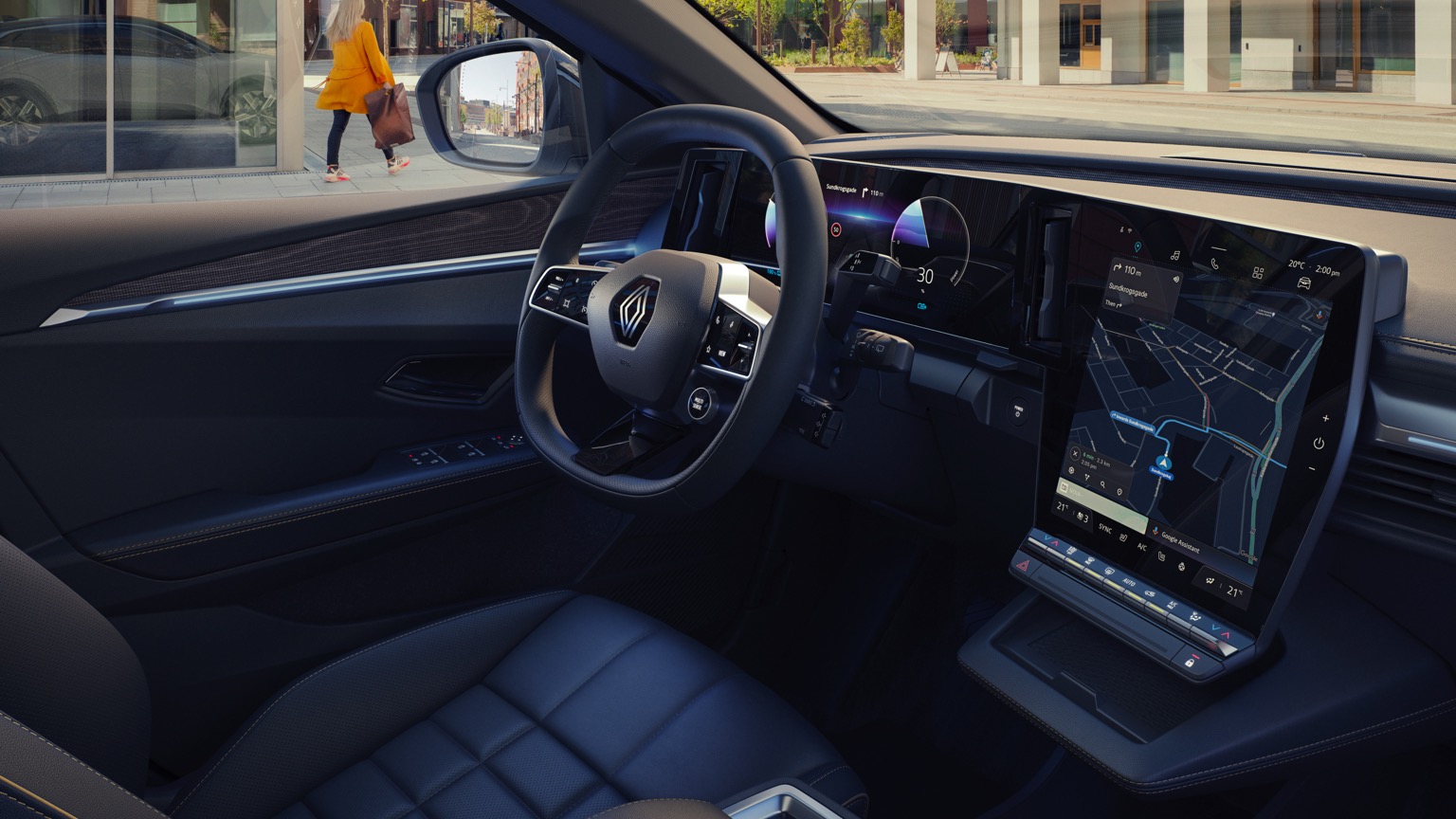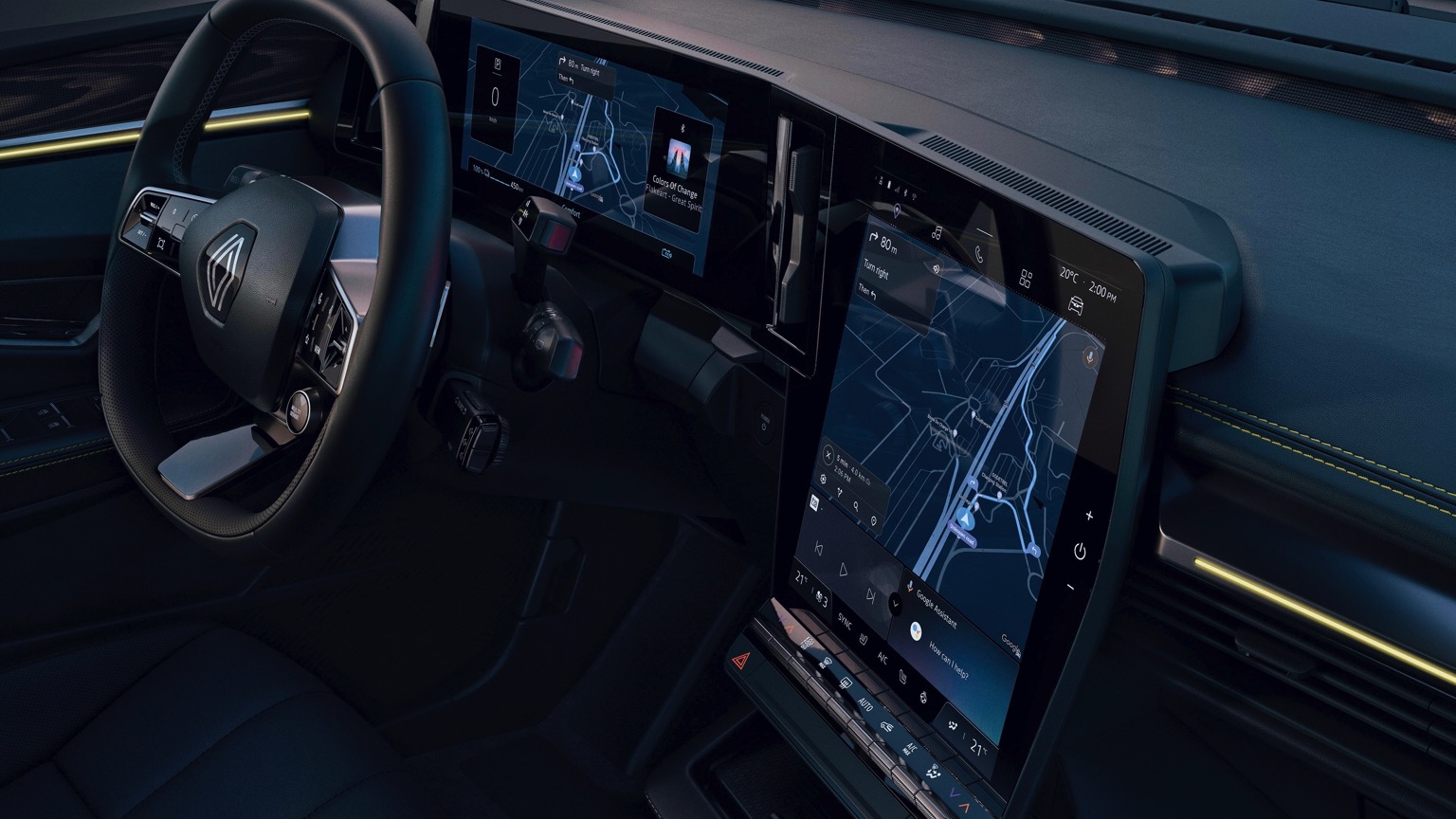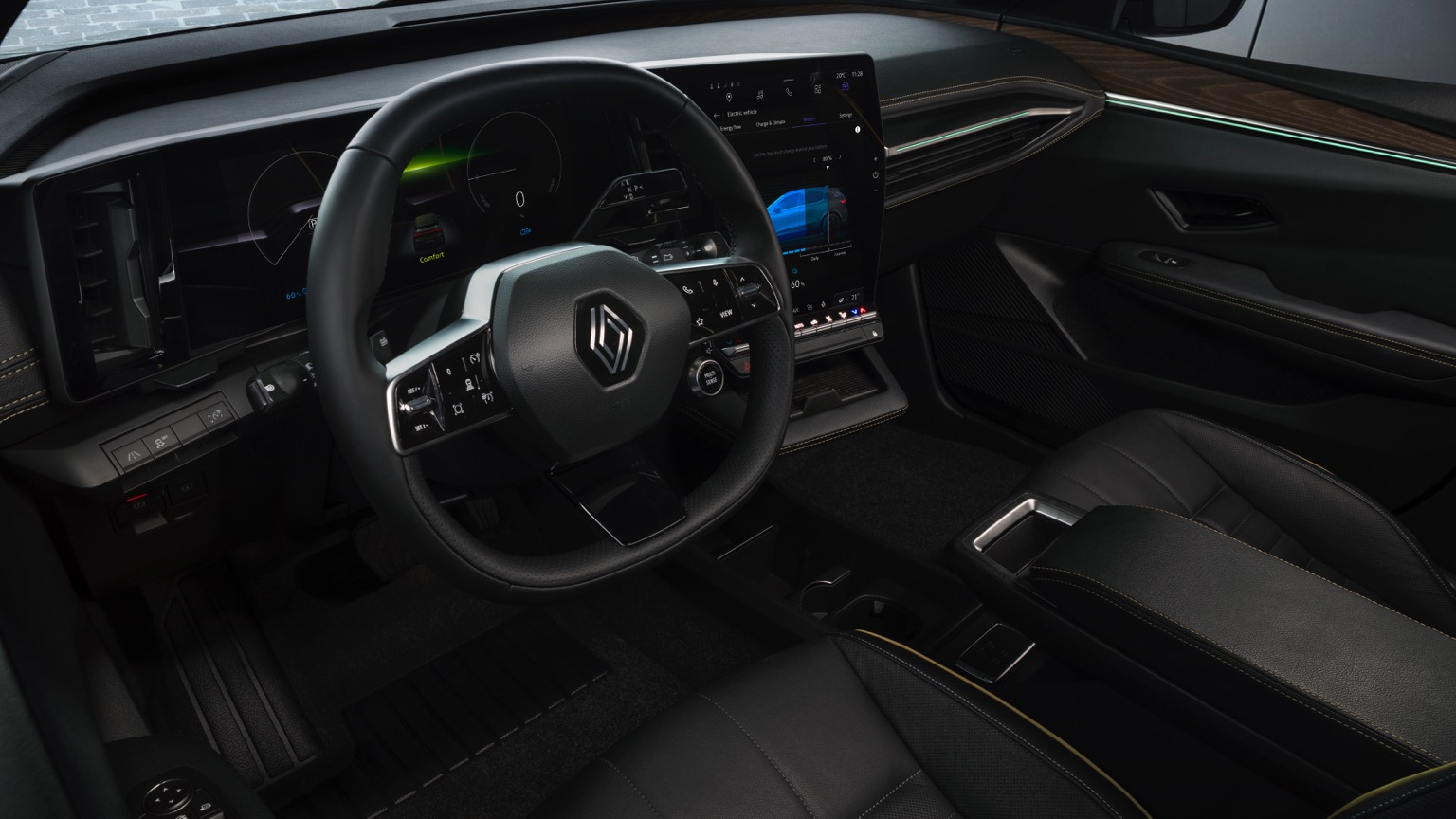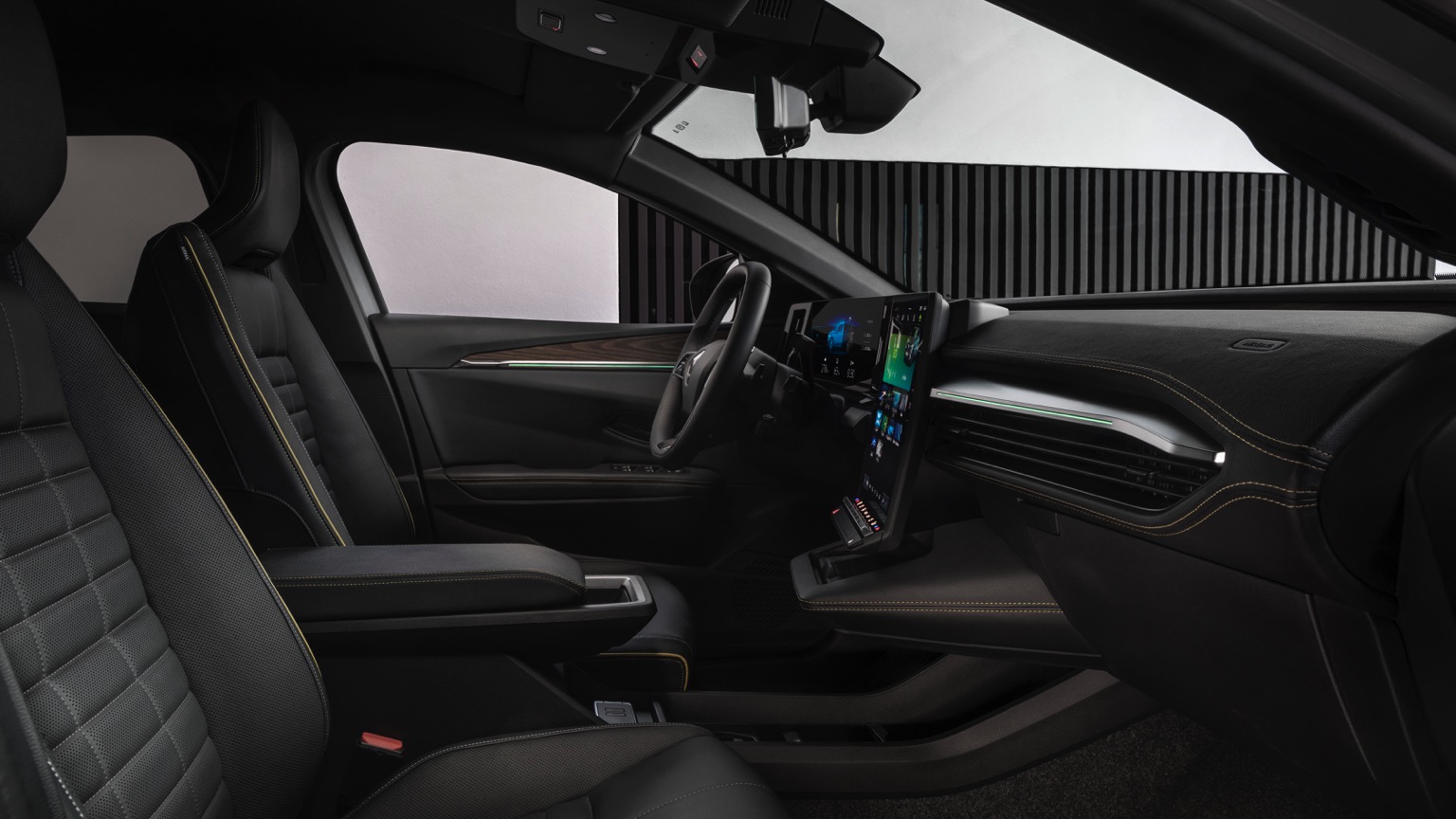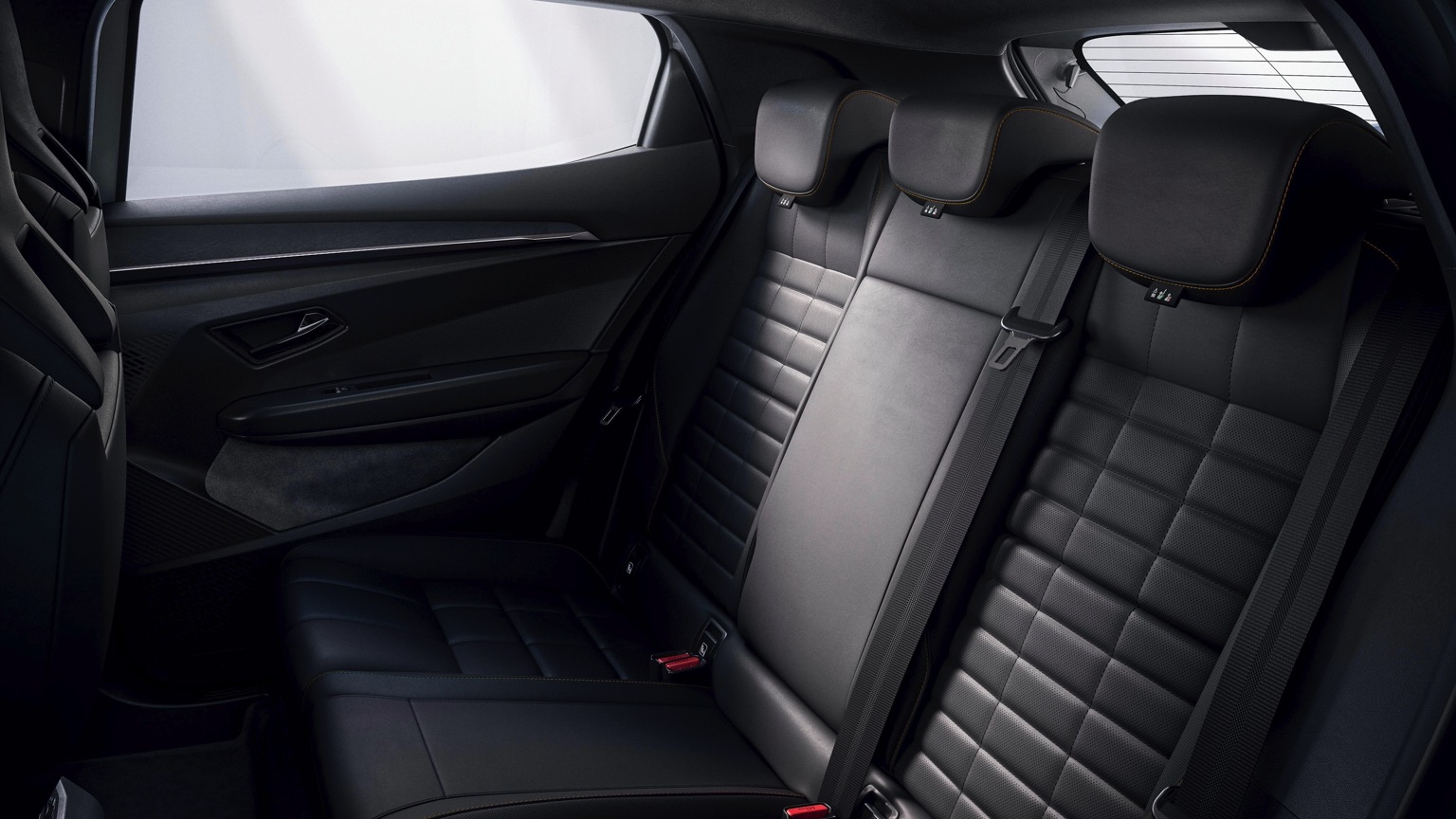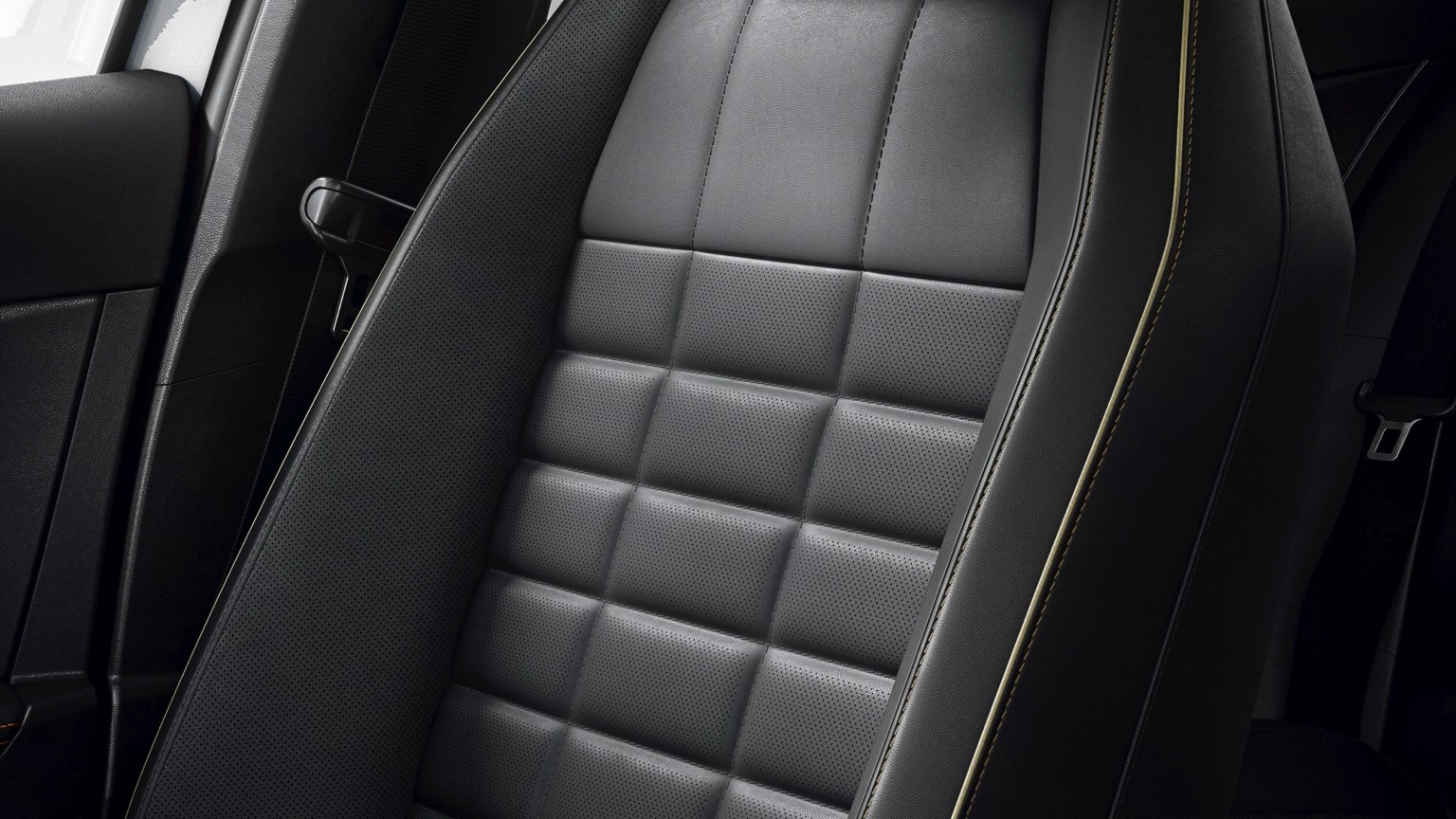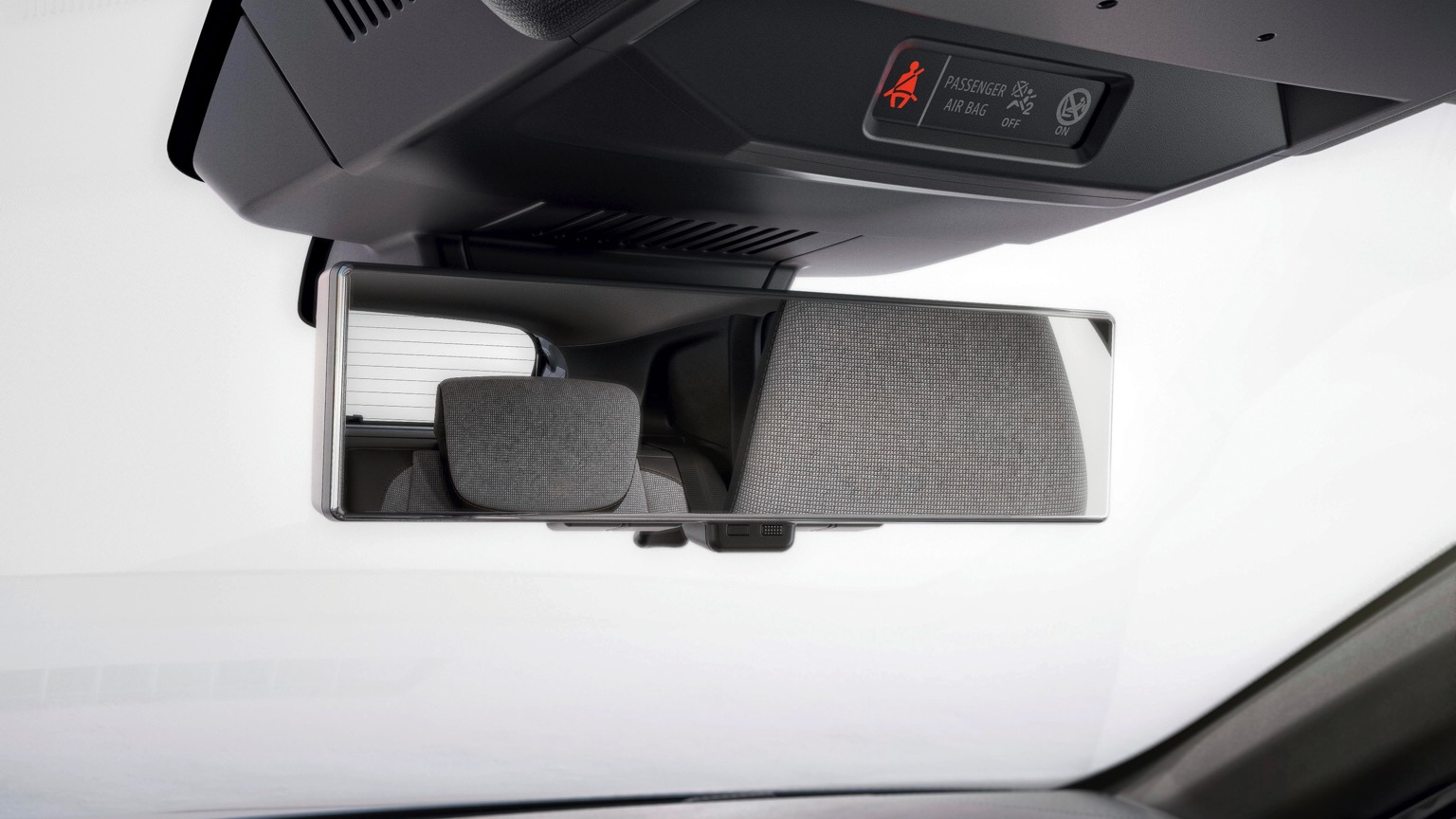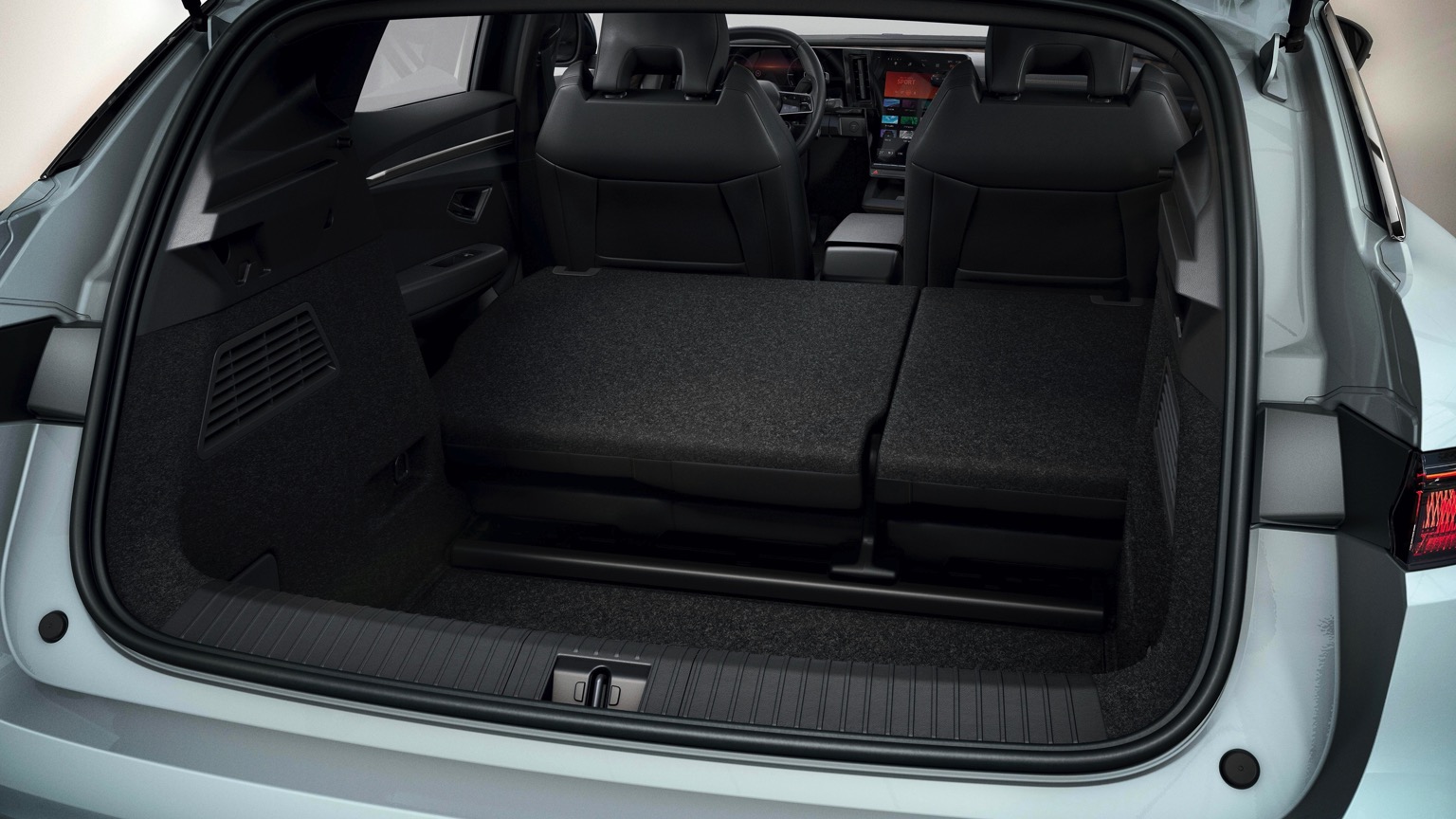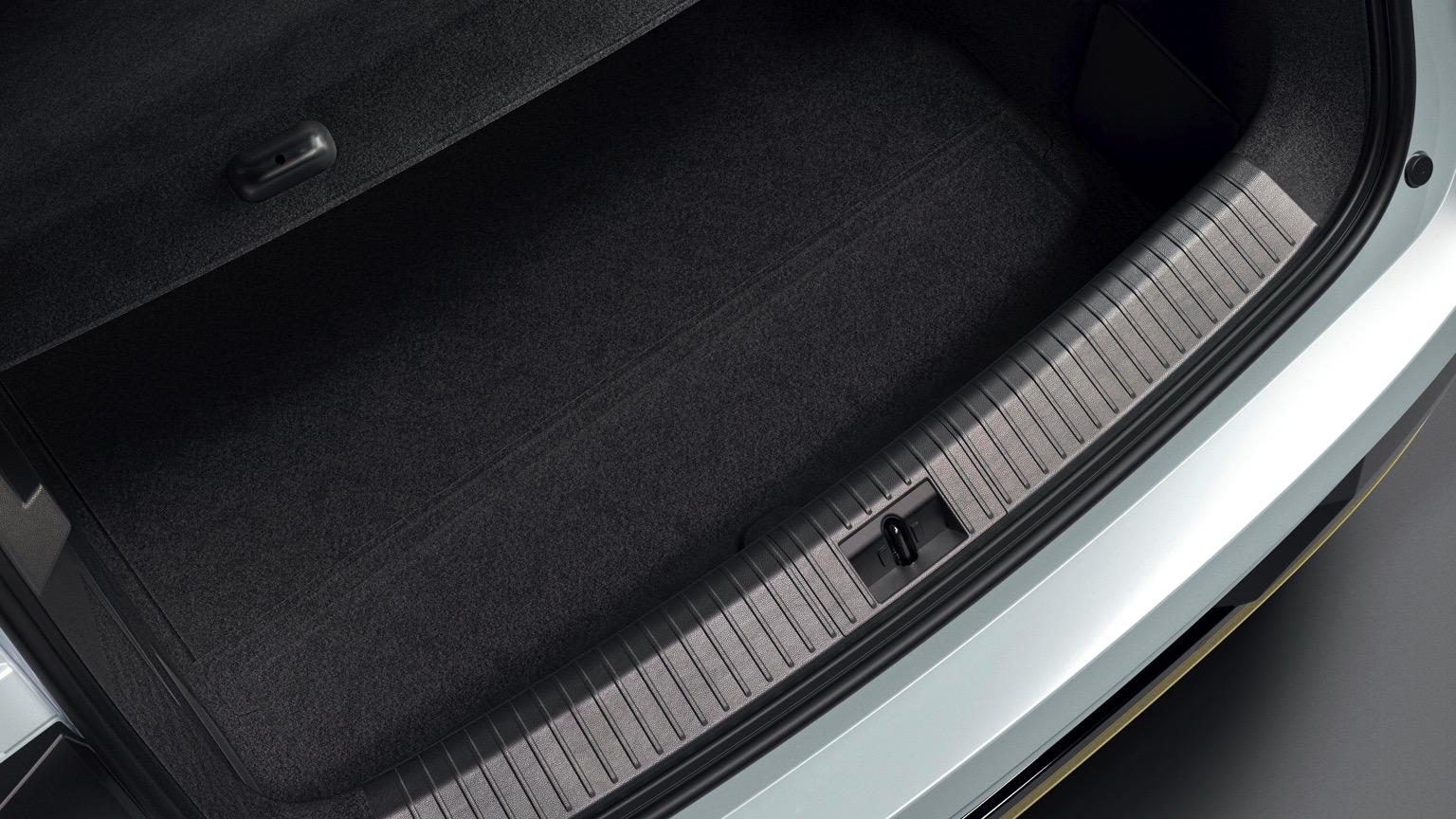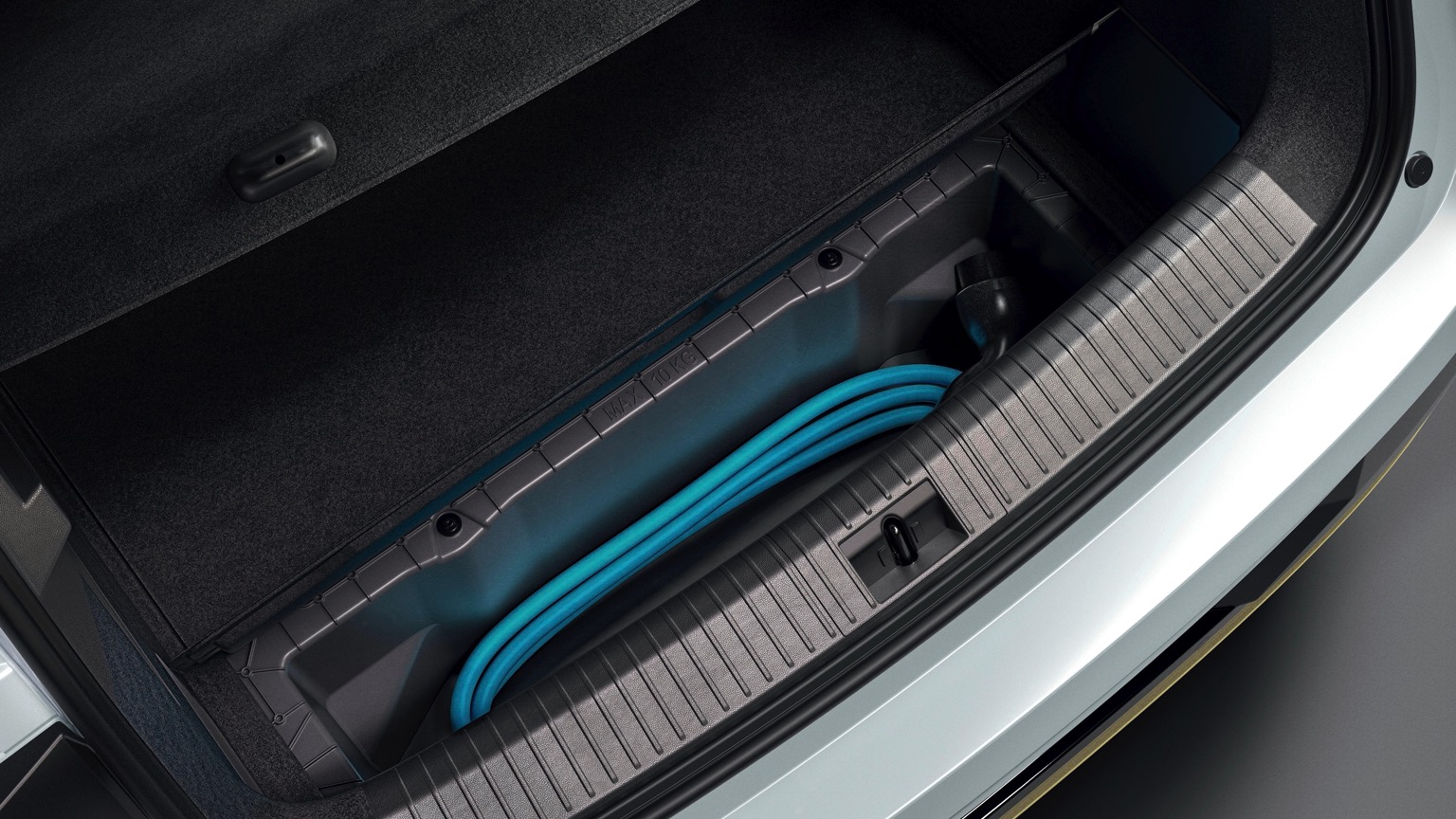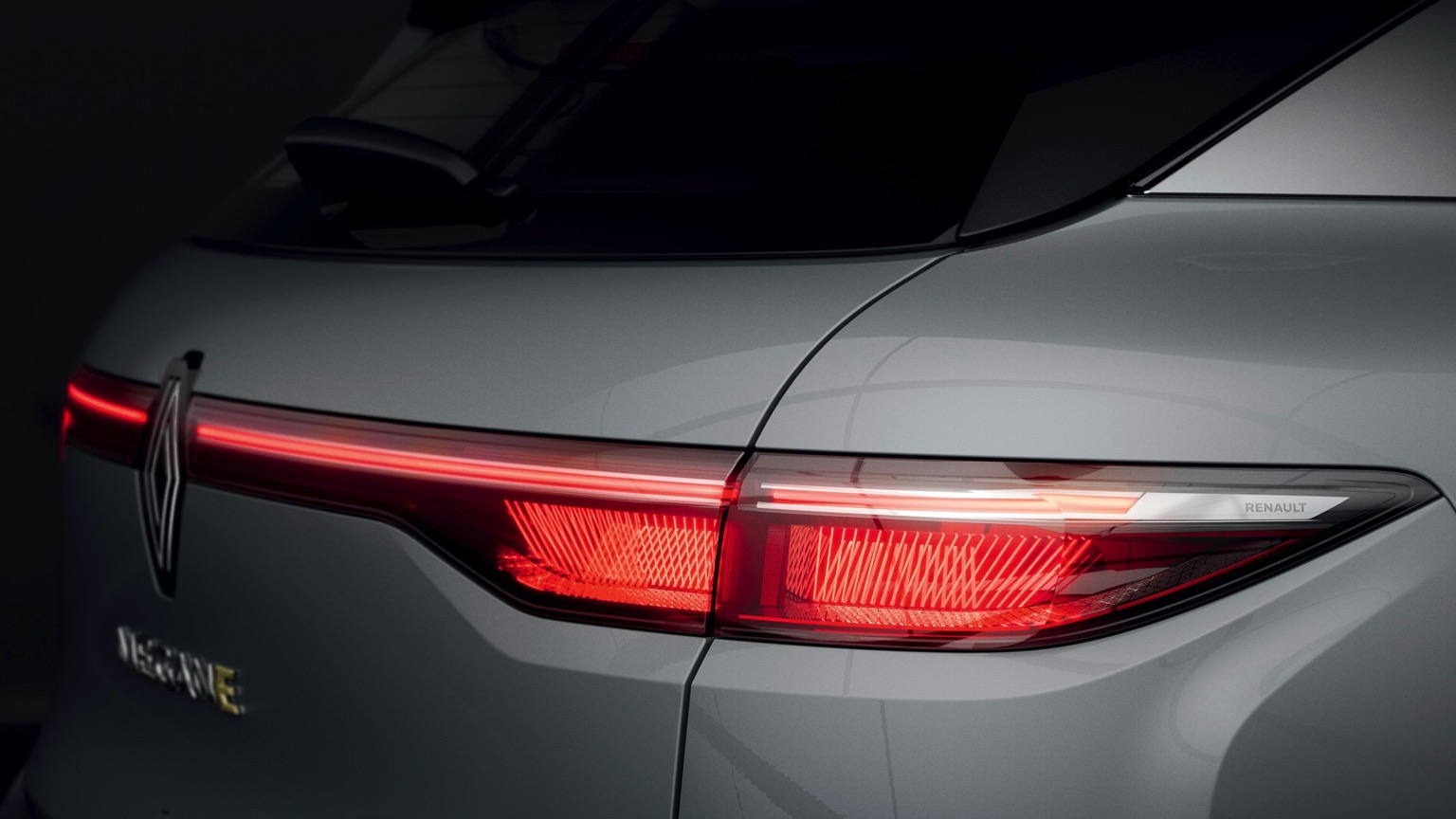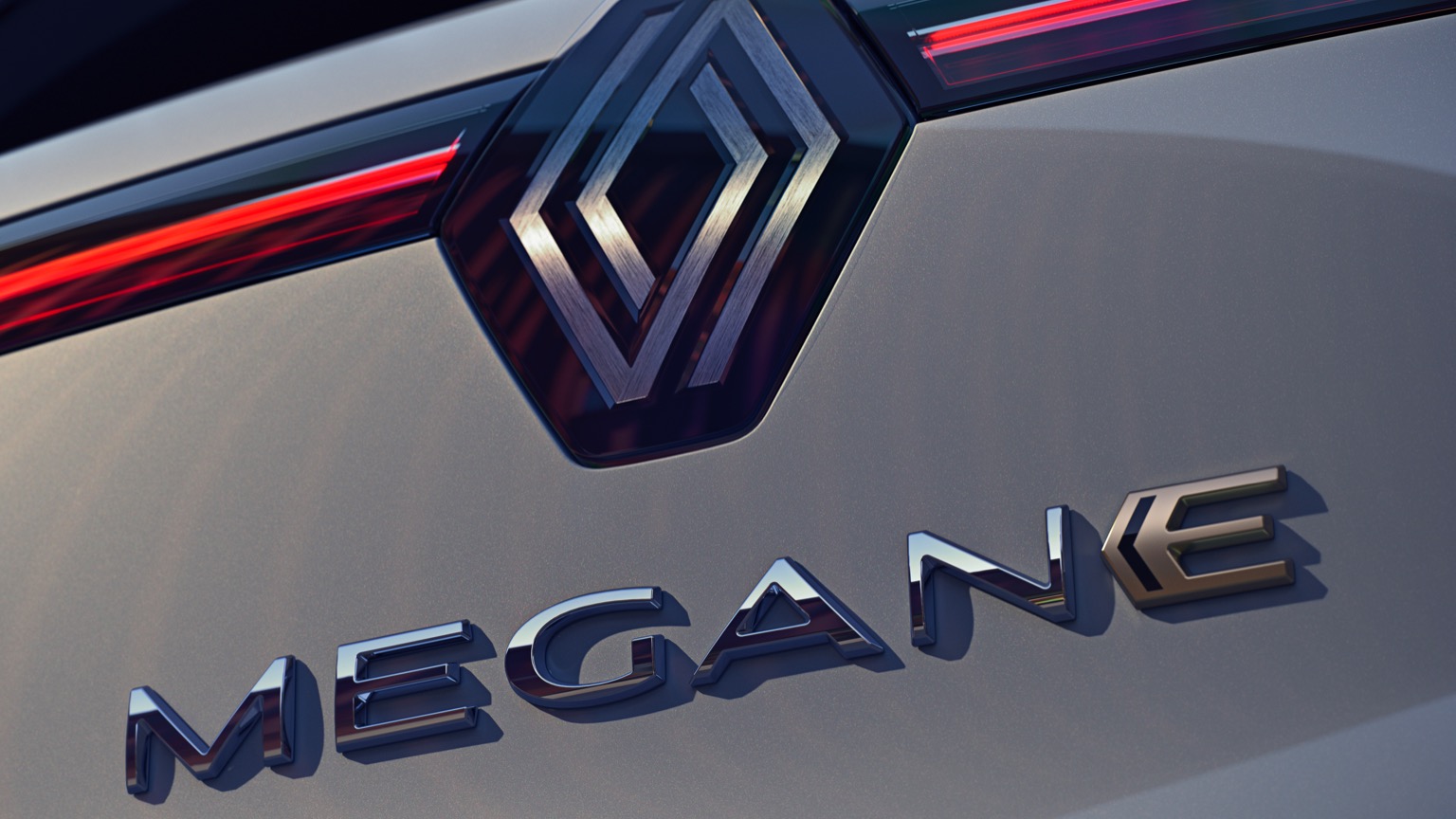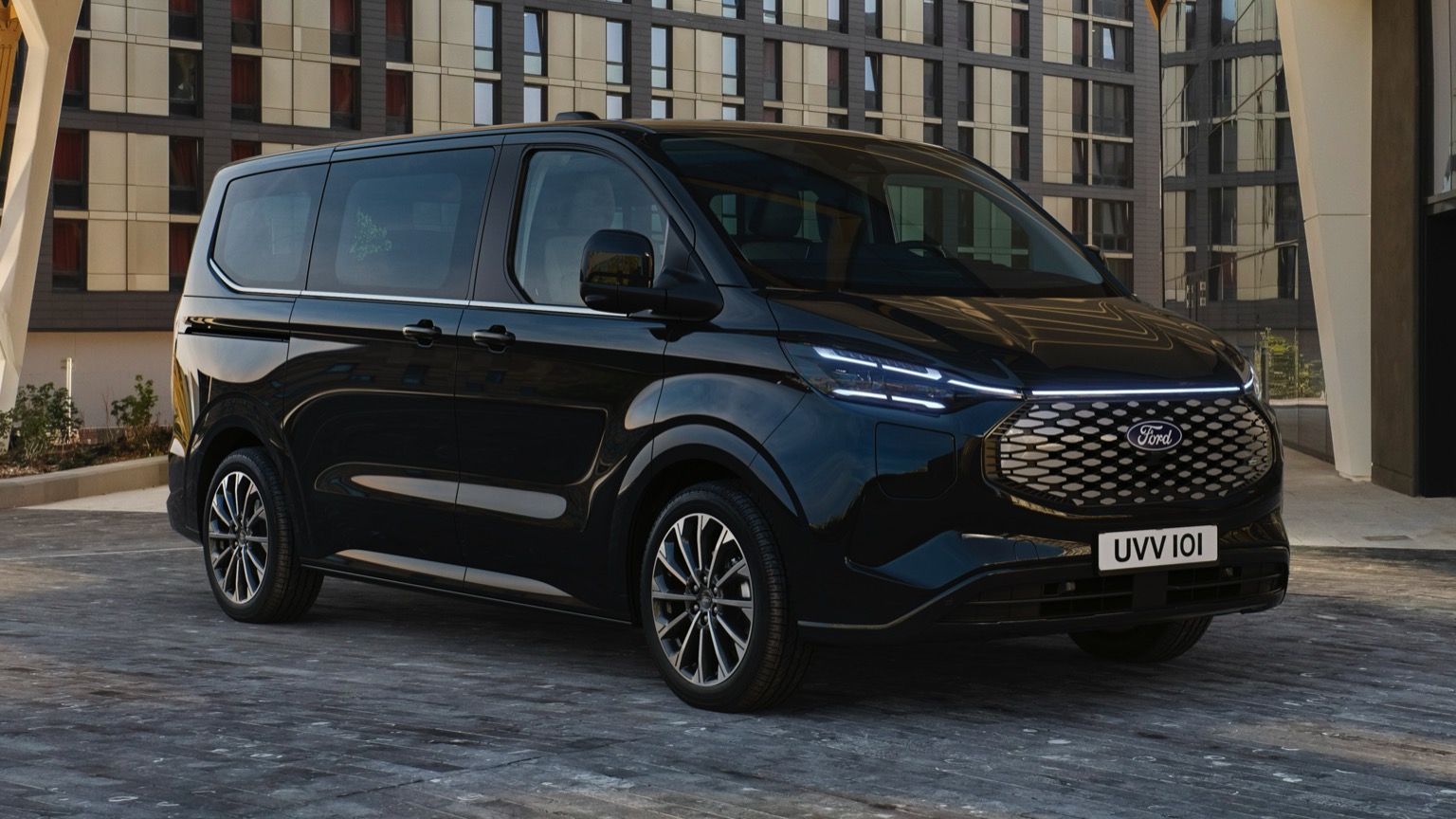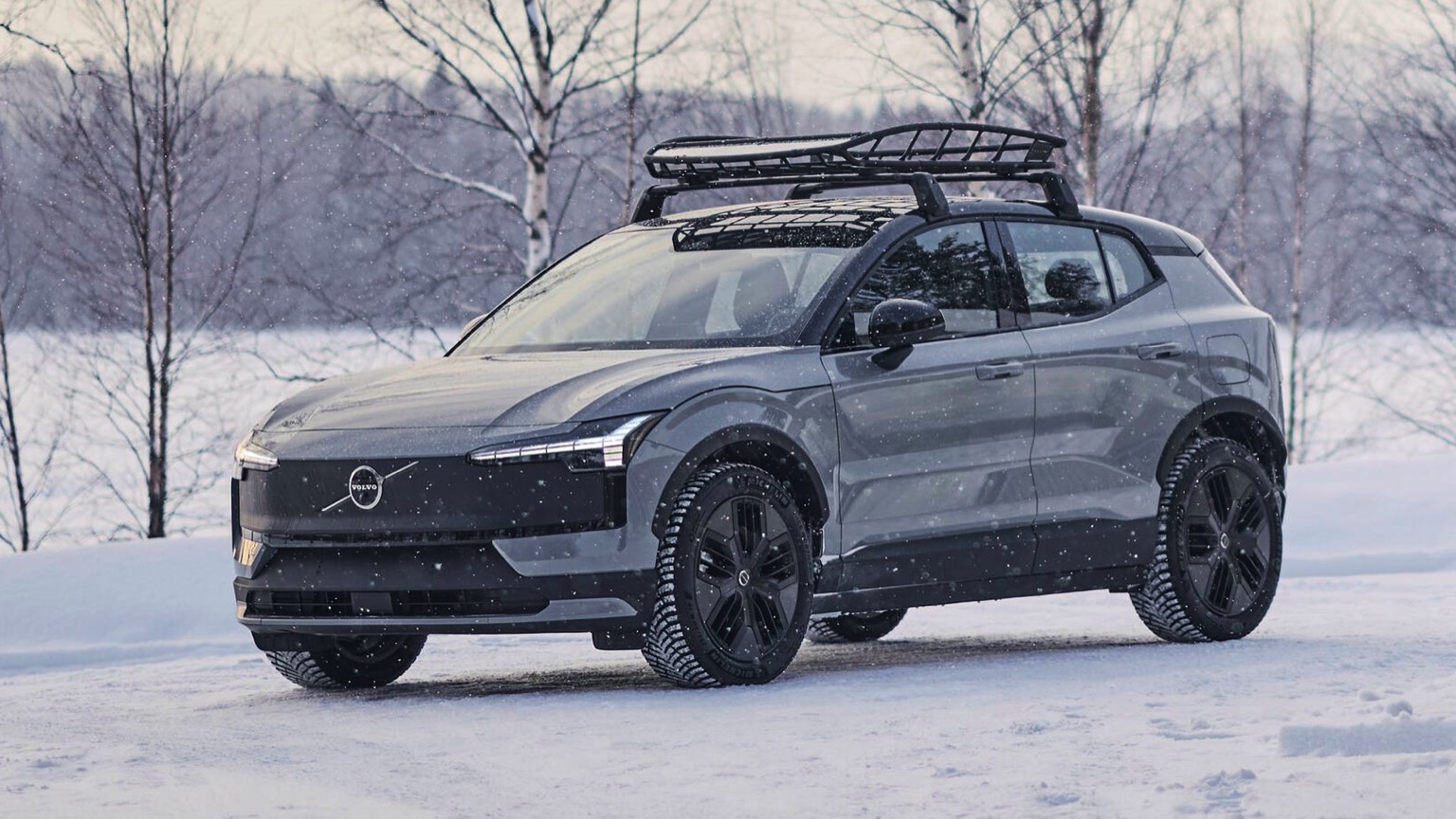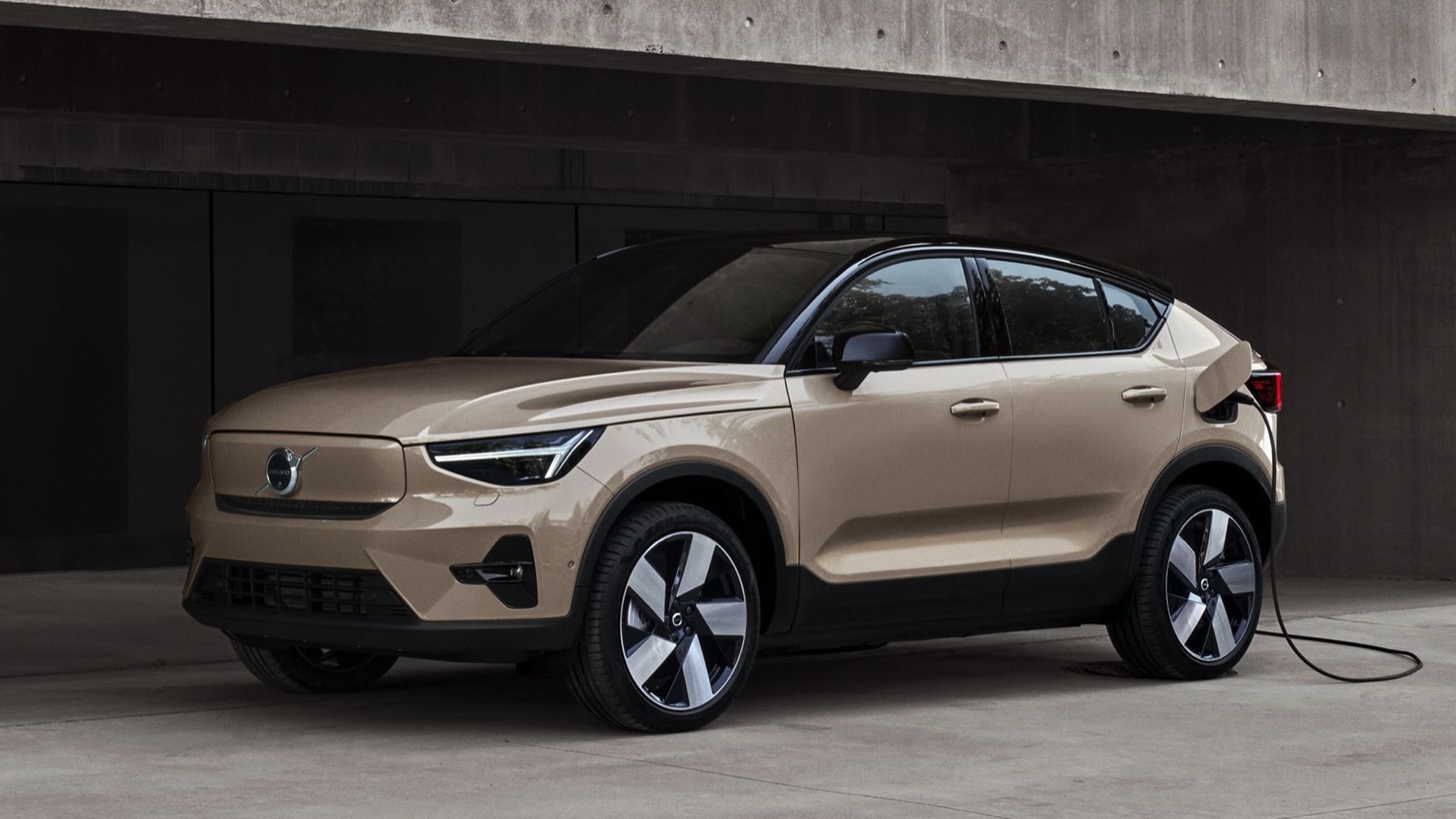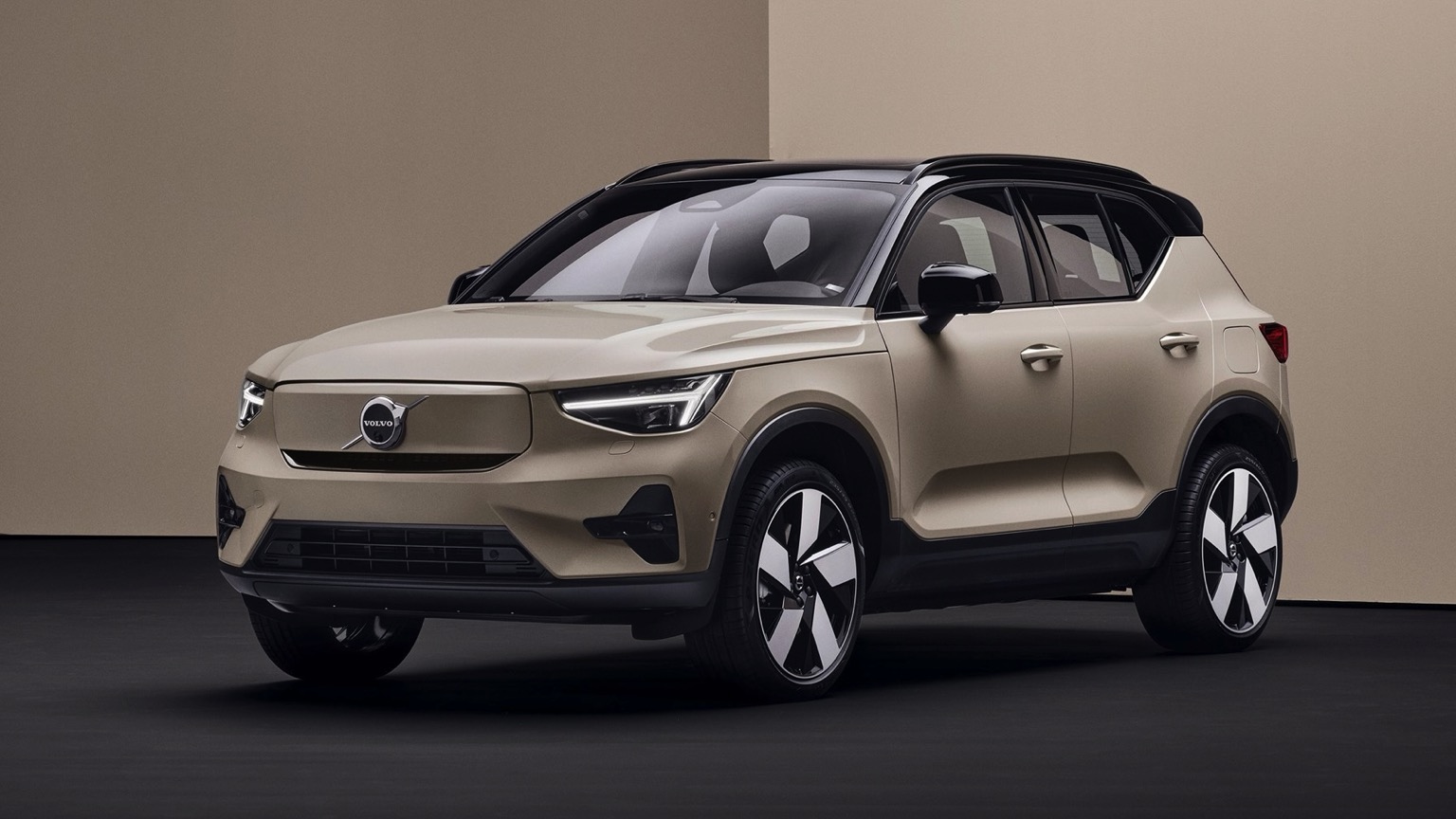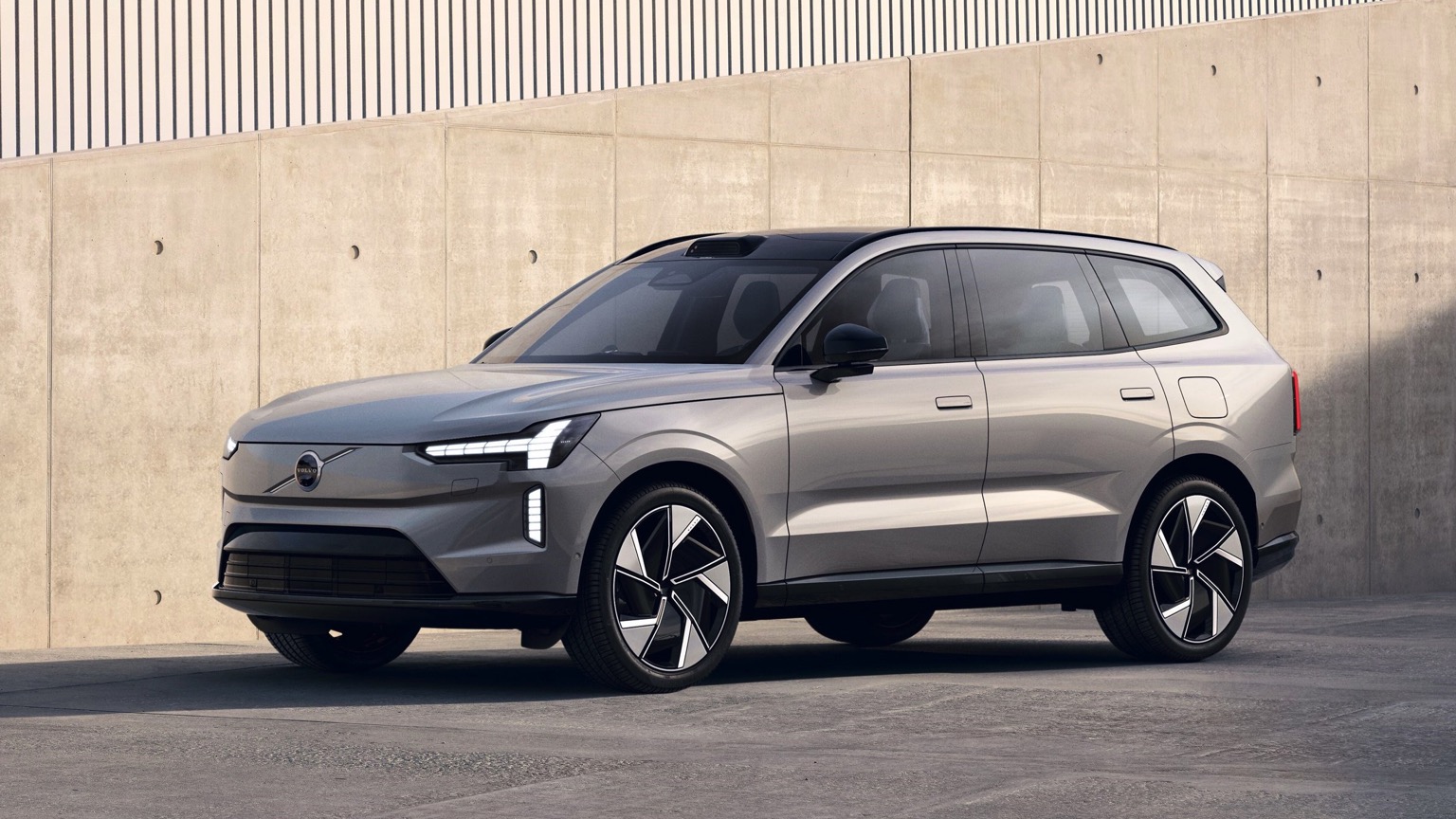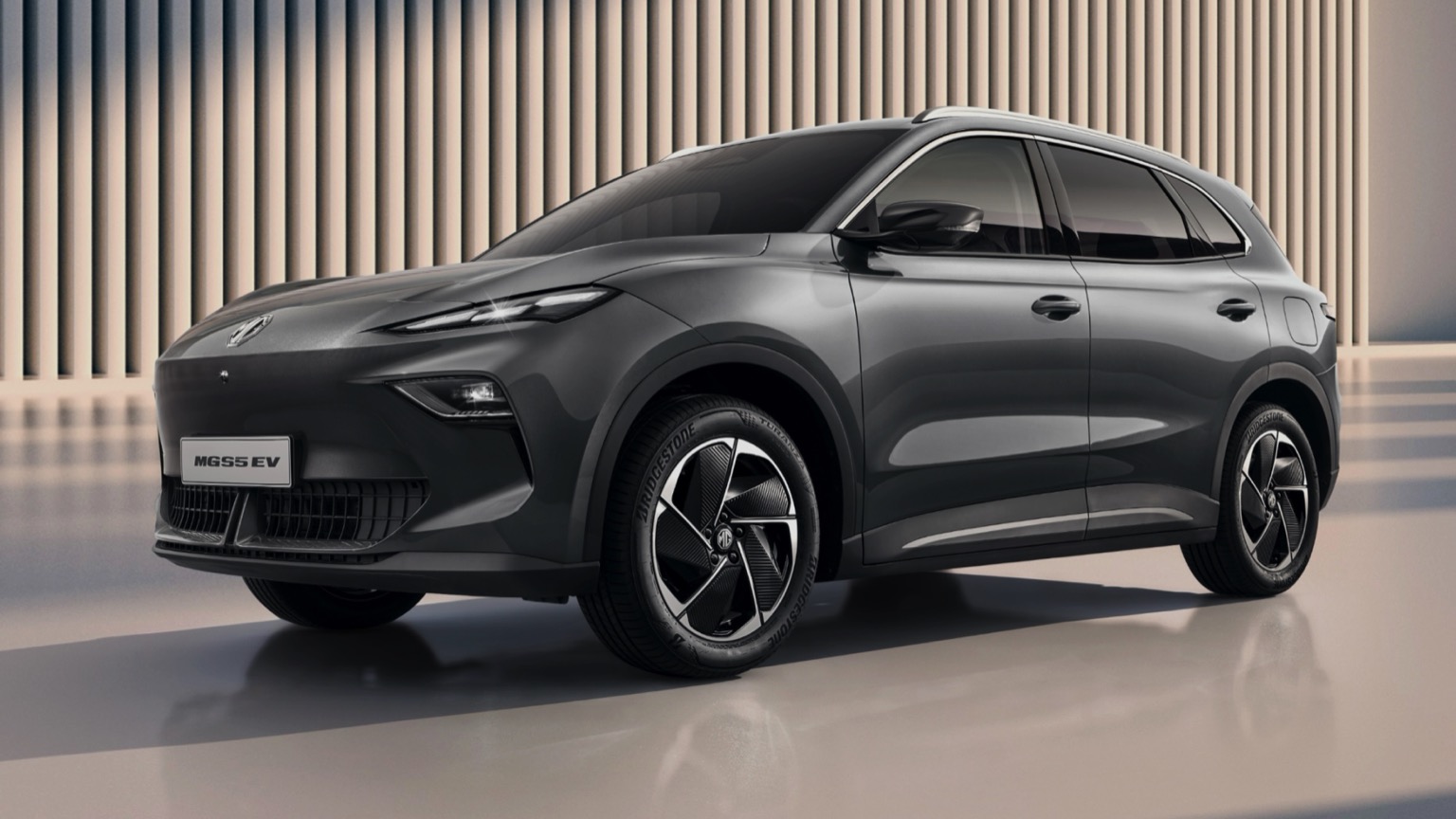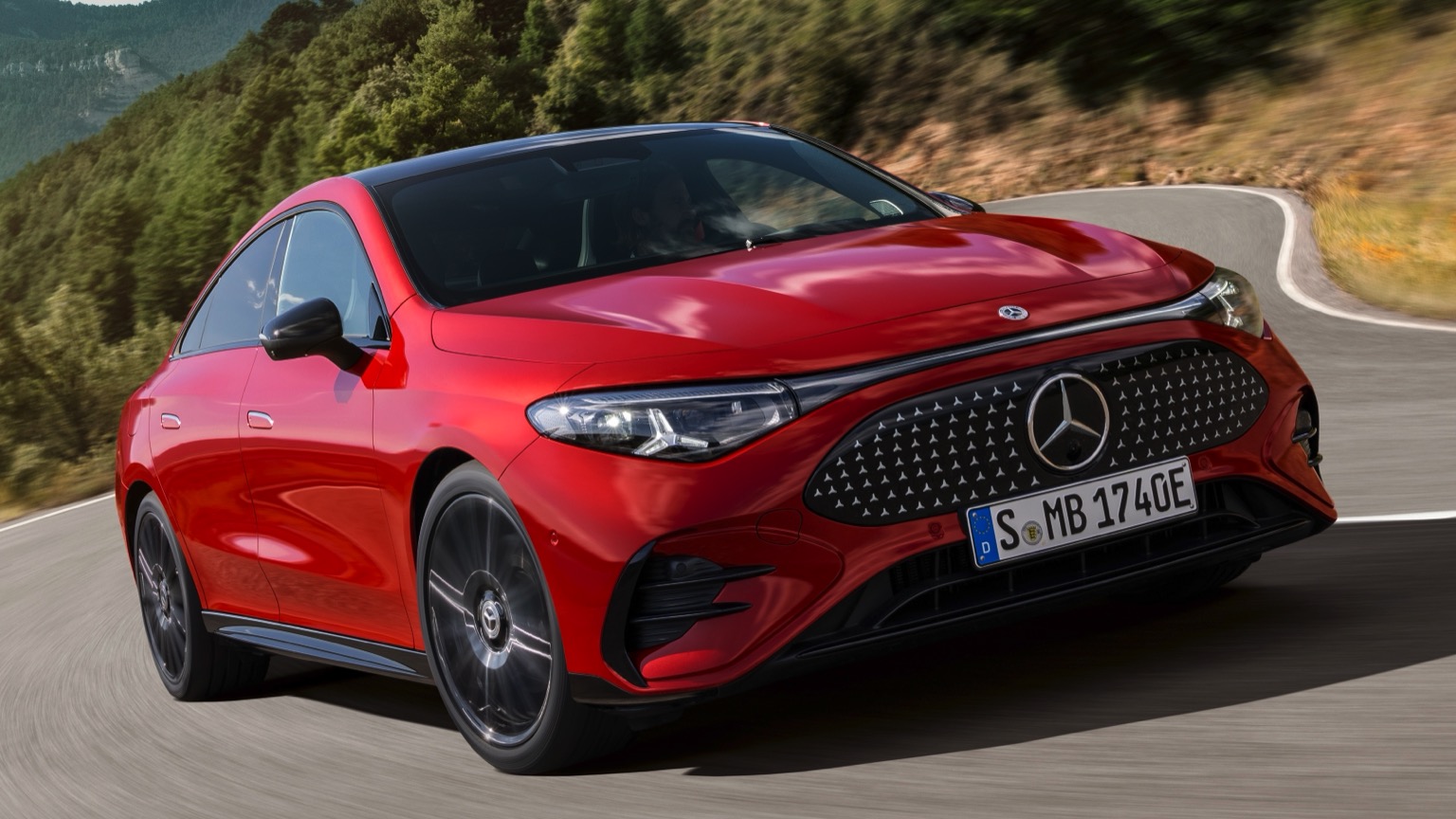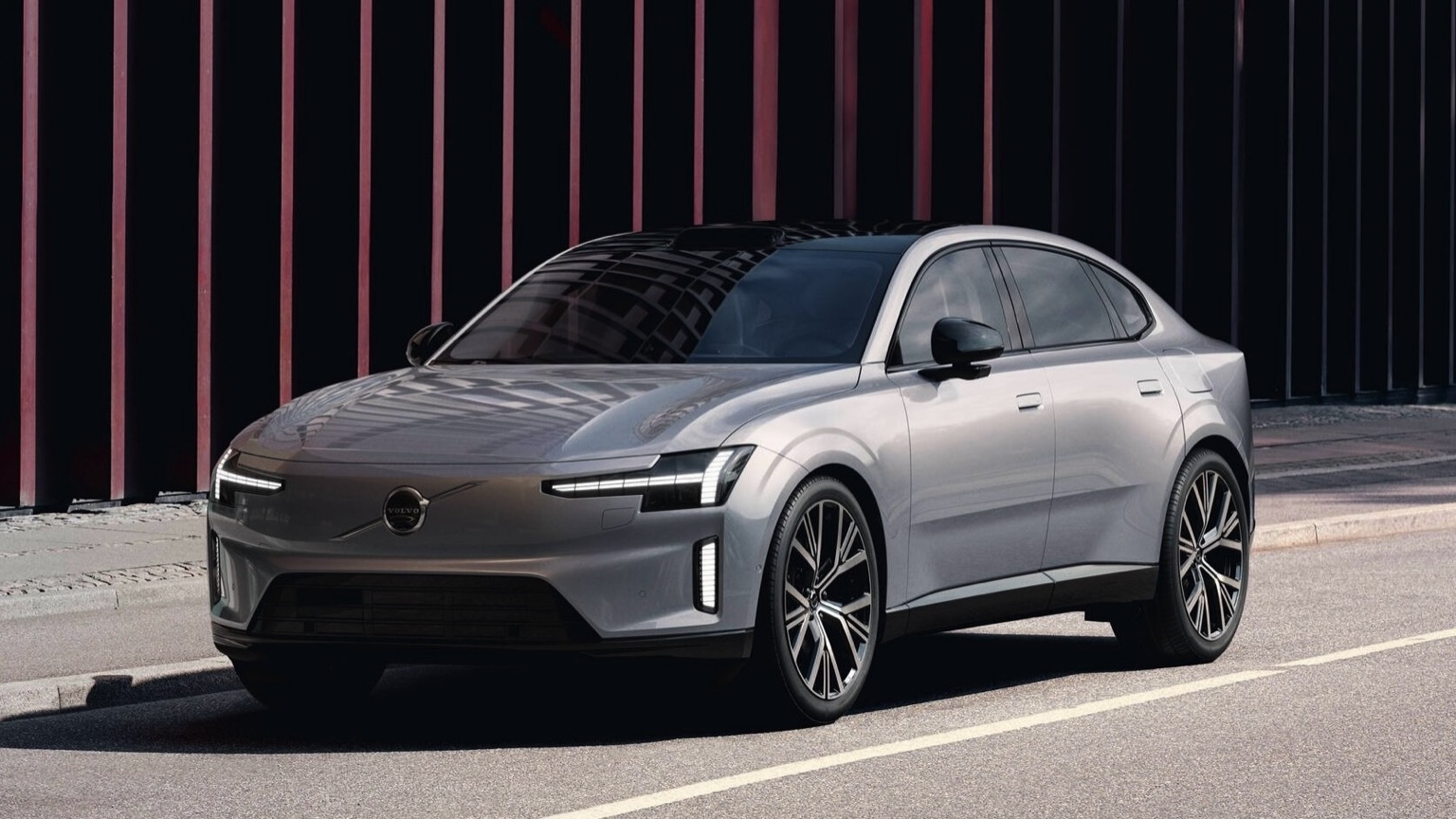Driving Range
In short, how many miles you can travel on a full charge. Is length important? Let’s not open that can of worms…
Efficiency
How many kWh of charge are needed to travel a set distance. The fewer needed, the more efficient your EV is. Easy!
Battery
The bigger the battery, the more power it can hold. In essence, fewer stops needed to top up your charge. Ahh, simplicity!
Top Speed
The maximum speed you can reach with your foot pressed hard to the floor. Important when escaping a zombie apocalypse, we assume.
Seats
Well, you don’t want to have to leave anybody at home… or do you?
Body
From stylish SUVs and compact crossovers, to curvaceous coupes and handy hatchbacks, there’s a perfect shape for everyone!
Isofix
The safe way to attach a child seat. Typically, these are hidden in the join between the back seats, alongside the crumbs from your last meal deal.
Safety Rating
A measure that considers the amount of safety kit installed, how a vehicle performs in crash testing and how safe it is for both pedestrians and cyclists.
| City - Cold Weather | 230 miles |
| Highway - Cold Weather | 165 miles |
| Combined - Cold Weather | 195 miles |
| City - Mild Weather | 350 miles |
| Highway - Mild Weather | 215 miles |
| Combined - Mild Weather | 275 miles |
Indication of real-world range in several situations. Cold weather: 'worst-case' based on -10°C and use of heating. Mild weather: 'best-case' based on 23°C and no use of A/C. For 'Highway' figures a constant speed of 110 km/h is assumed. The actual range will depend on speed, style of driving, weather and route conditions.
| Charge Port | Type 2 |
| Port Location | Right Side - Front |
| Charge Power | 22 KW AC |
| Charge Time | 3hr 15m |
| Charge Speed | 72 mph |
| Fastcharge Port | CCS |
| FC Port Location | Right Side - Front |
| Fastcharge Power (max) | 129 |
| Fastcharge Time | 30m |
| Fastcharge Speed | 320 mph |
General Charging (0 - 100%)
Charging is possible by using a regular wall plug or a charging station. Public charging is always done through a charging station. How fast the EV can charge depends on the charging station (EVSE) used and the maximum charging capacity of the EV
| Charging Point:Charging Point | Power:Power | Time:Time |
|---|---|---|
| Charging Point:Wall Plug | Power:2.3 kW | Time:30hr 45m |
| Charging Point:1-Phase 16A | Power:3.68 kW | Time:19hr 15m |
| Charging Point:1-Phase 32A | Power:7.36 kW | Time:9hr 45m |
| Charging Point:3-Phase 16A | Power:3.68 kW | Time:6hr 30m |
| Charging Point:3-Phase 32A | Power:7.36 kW | Time:3hr 15m |
Rapid Charging (10 - 80%)
Rapid charging enables longer journeys by adding as much range as possible in the shortest amount of time. Charging power will decrease significantly after 80% state-of-charge (SoC) has been reached.
| Charging Point:Charging Point | Average Power:Average Power | Time:Time |
|---|---|---|
| Charging Point:CCS 50 | Average Power:47 kW | Time: 56m |
| Charging Point:CCS 150 | Average Power:88 kW | Time: 30m |
| EVDB Real Range | 235 miles |
| EVDB Vehicle Consumption | 255 Wh/mi |
| EVDB CO2 Emissions | 0 g/mi |
| EVDB Vehicle Fuel Equivalent | 1.58 l/100mi |
| WLTP Real Range | 280 miles |
| WLTP Rated Consumption | 25.9 Wh/mi |
| WLTP Vehicle Consumption | 21.5 Wh/mi |
| WLTP CO2 Emissions | 0 g/mi |
| WLTP Rated Fuel Equivalent | 1.56 l/100mi |
| WLTP Vehicle Fuel Equivalent | 1.89 l/100mi |
| Acceleration 0 - 100 km/h | 7.4 sec |
| Top Speed | 99 mph |
| Electric Range* | 235 miles |
| Total Power* | 160 kWh |
| Total Torque* | 300 Nm |
| Drive | Front |
| Safety Rating | |
| Rating Year | 2022 |
| Adult Occupant | 85% |
| Child Occupant | 88% |
| Vulnerable Road Users | 65% |
| Safety Assist | 79% |
For more details on the safety rating of this vehicle, visit euroncap.com
| Nominal Capacity | 65 kWh |
| Battery Type | Lithium-ion |
| Number of Cells | 96 |
| Architecture | 400 V |
| Useable Capacity | 60 kWh |
| Cathode Material | NCM |
| Pack Configuration | 96s3p |
| Nominal Voltage | 352 V |
| Length | 4200 mm |
| Width | 1860 mm |
| Width (with mirrors) | 2055 mm |
| Height | 1505 mm |
| Wheelbase | 2685 mm |
| Weight Unladen (EU) | 1711 kg |
| Gross Vehicle Weight (GVWR) | 2158 kg |
| Max. Payload | 522 kg |
| Cargo Volume | 440 L |
| Cargo Volume (Max) | 1332 L |
| Cargo Volume Frunk | N/A |
| Roof Load | 80 kg |
| Tow Hitch Possible | Yes |
| Towing Weight Unbraked | 750 kg |
| Towing Weight Braked | 900 kg |
| Vertical Load Max | 75 kg |
| Seats | 5 |
| Isofix | Yes, 3 seats |
| Turning Circle | 10.4m |
| Platform | RNM CMF-EV |
| Car Body | Hatchback |
| Segment | C |
| Roof Rails | No |
| EV Dedicated Platform | Yes |
* = estimated value. Average energy consumption and range based on moderate drive style and climate. Real-life values may differ significantly. Pricing information might not be actual for some regions. No rights can be derived from the information on this site.
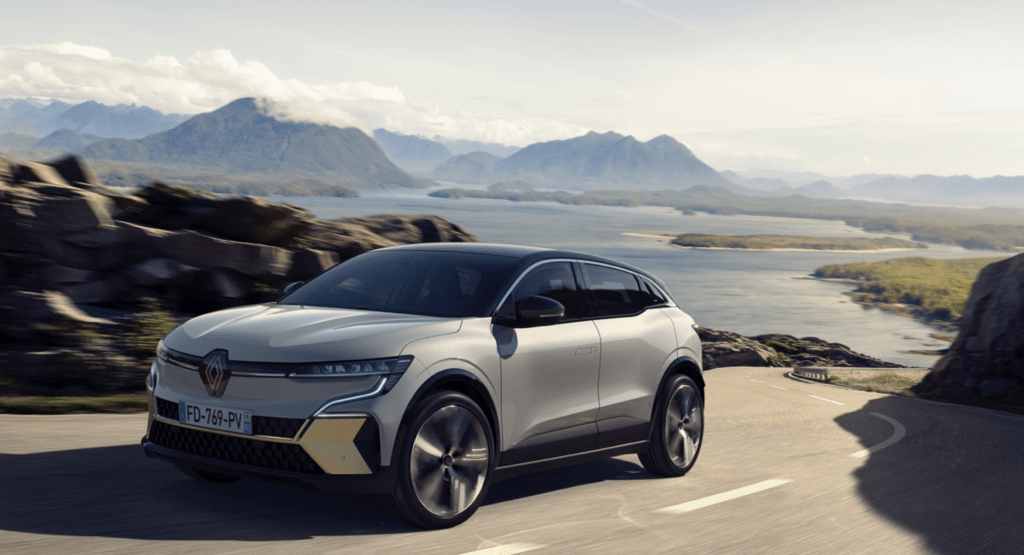
Renault Megane E-Tech EV60 220hp Charging Guide
The Renault Megane EV isn’t a new name to the car industry. But the all electric Megane E-TECH certainly is, this EV seamlessly merges Renault’s renowned design with the electrifying future of automotive technology. As a stalwart in the electric vehicle (EV) lineup, the Megane EV not only showcases Renault’s commitment to sustainability but also promises a driving experience that mirrors the brand’s legacy of innovation.
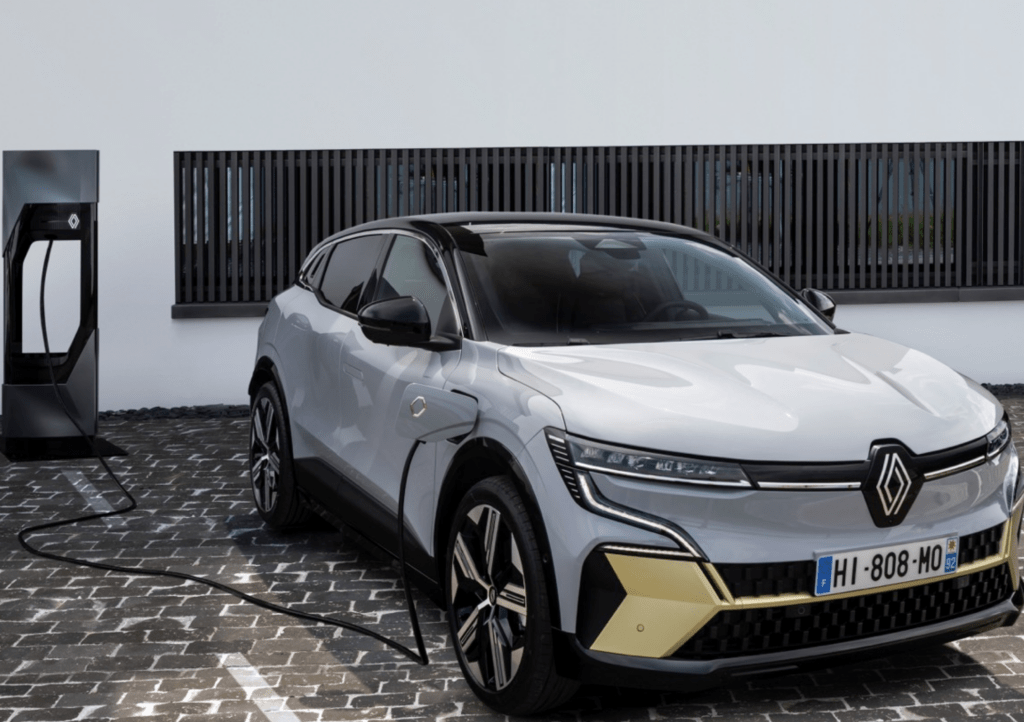
How to charge the Renault Megane E-TECH?
Charging the Renault Megane E-TECH is crafted for simplicity and flexibility across diverse charging setups:
At-Home Charging: Owners of the Megane E-TECH can effortlessly charge their vehicle overnight by using a home charging station. These stations are commonly Level 2 chargers, offering a convenient and efficient solution for fulfilling daily charging requirements.
Public Charging: The Megane E-TECH seamlessly integrates with public charging stations, providing compatibility with fast-charging options. This feature ensures efficient charging on extended journeys, with the added benefit of the vehicle being equipped with connectors suitable for a range of charging standards.
How long does it take to charge the Renault Megane E-Tech EV60 220hp?
8 hours and 34 minutes*
*Using a standard 7kWh charger, such as zappi it would take 8 hours and 34 minutes to fully charge your 60kWh battery. The Renault Megane E-Tech EV60 220hp also has the capability to be charged on the 22kWh zappi, which would reduce this charging time down to 3 hours and 15 minutes.
What is the range of the Renault Megane E-Tech EV60 220hp?
235 miles**The range of the Renault Megane E-Tech EV60 220hp with the 60kWh battery, differs between 165 miles and 350 miles depending on your driving conditions and the type of road. Typically, the average range from a full charge will be around 235 miles.
How much does it cost to charge the Renault Megane E-Tech EV60 220hp?
£4.50**It could cost just £4.50 to charge the Renault Megane E-Tech EV60 220hp, with the 60kWh battery, when fully utilising off-peak charging on an Octopus Intelligent tariff, at 0.075p/kWh. In contrast, peak charging on a standard rate of 0.34p/kWh can cost £20.40 to charge up.
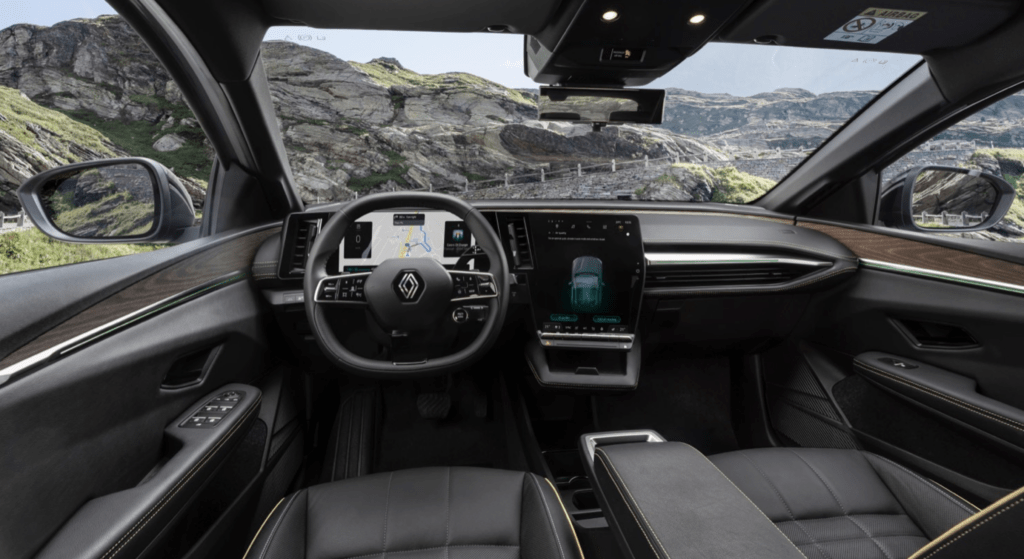
How to open Renault Megane E-TECH without the key card?
In the event of being without the key card, unlocking your Renault Megane can be achieved through the physical key located within the key card itself. The key can be accessed by pressing a button on the back of the key card, revealing the traditional key for manual unlocking. This provides an alternative method in case the key card is unavailable or not functioning.
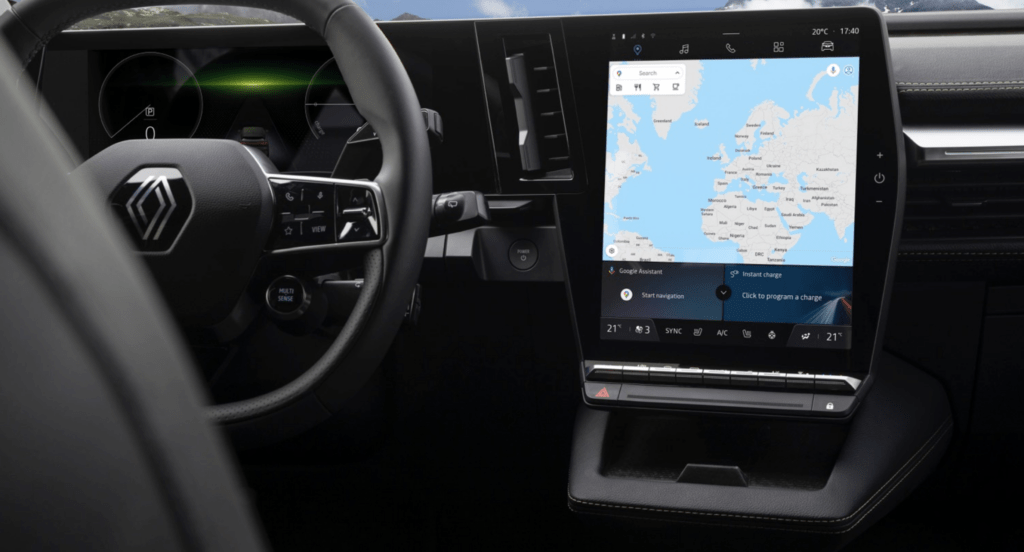
How much does the Renault E-TECH weigh?
The weight of the Renault Megane E-TECH may vary depending on the specific model and trim. Generally, electric vehicles tend to have added weight due to the inclusion of battery packs. The kerb weight of the E-TECH is typically 1688-1706 kg.
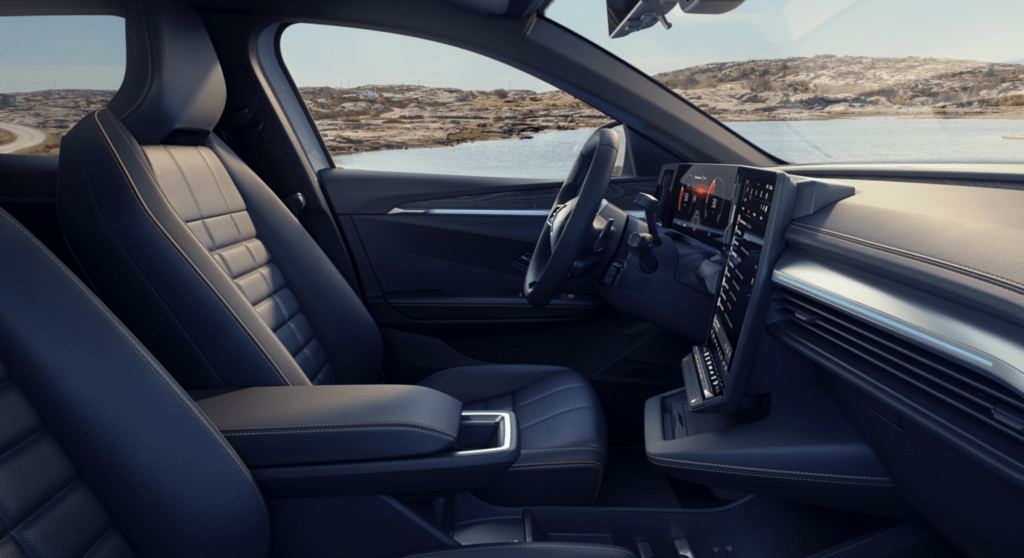
How much is the road tax on the Renault Megane E-TECH?
Road tax for the Renault Megane E-TECH is contingent on several factors, including the vehicle’s emissions and its list price. As an electric vehicle, the Megane EV often benefits from reduced or zero road tax in many regions, reflecting the commitment to promoting eco-friendly transportation. Local regulations and tax structures will determine the specific road tax applicable to the Megane E-TECH in your area.
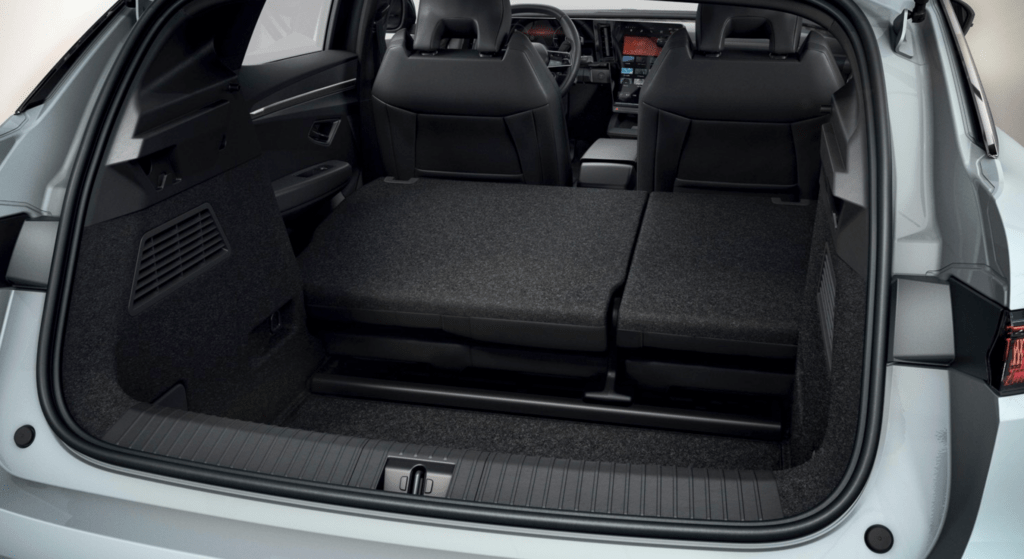
Making EV ownership an experience.
The Renault Megane EV embodies Renault’s commitment to progressive automotive solutions, offering a seamless blend of practicality, sustainability, and innovation. Whether unlocking the vehicle without the key card, exploring its weight, understanding road tax implications, or navigating the charging process, the Megane E-TECH aims to make electric mobility an accessible and enjoyable experience.
Similar Electric Vehicles

